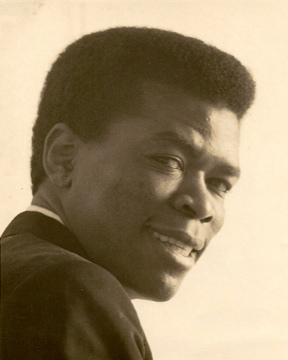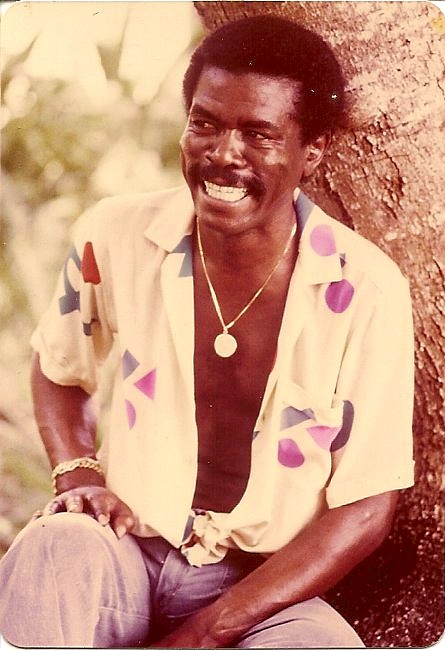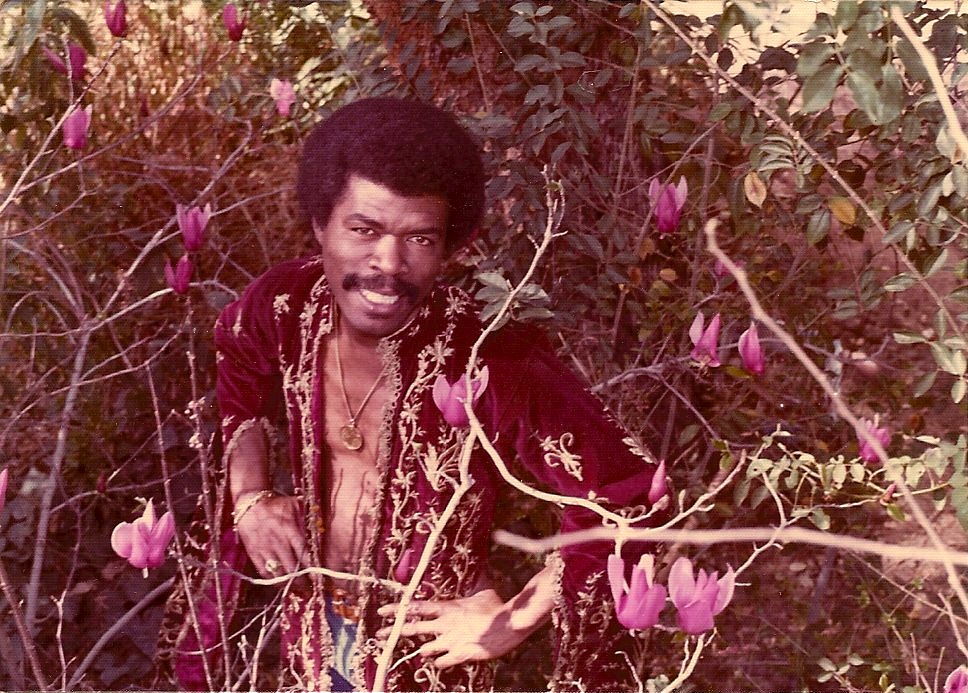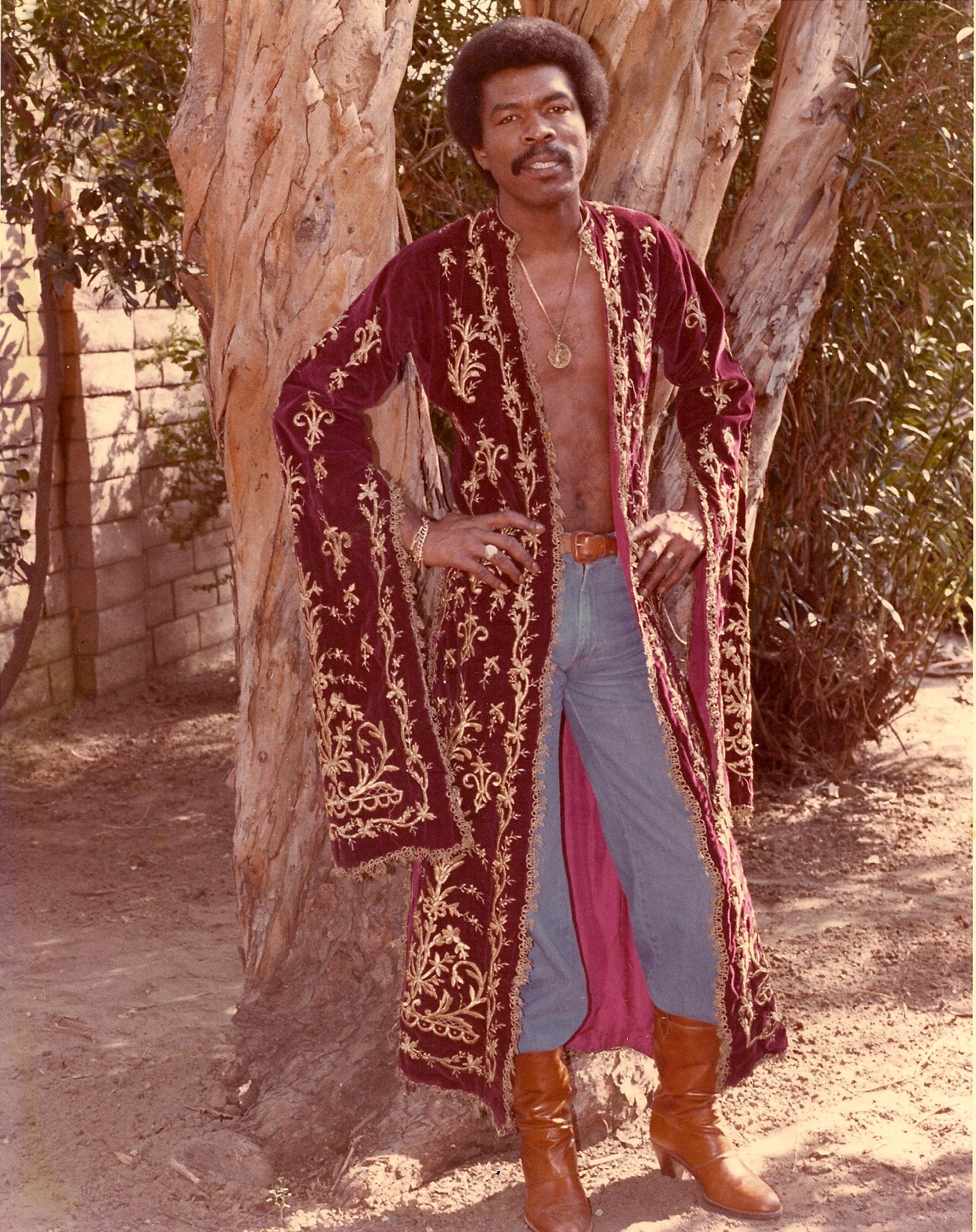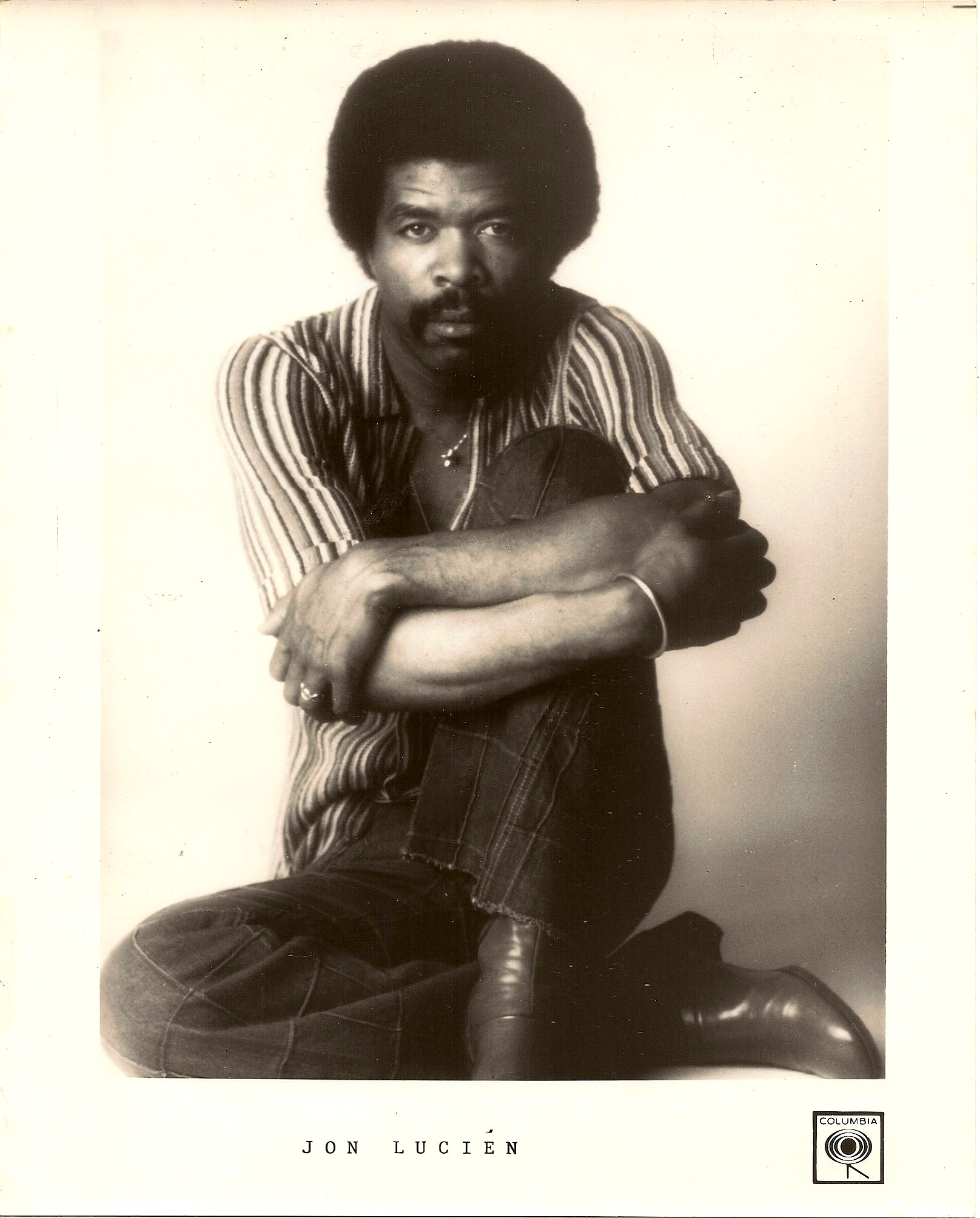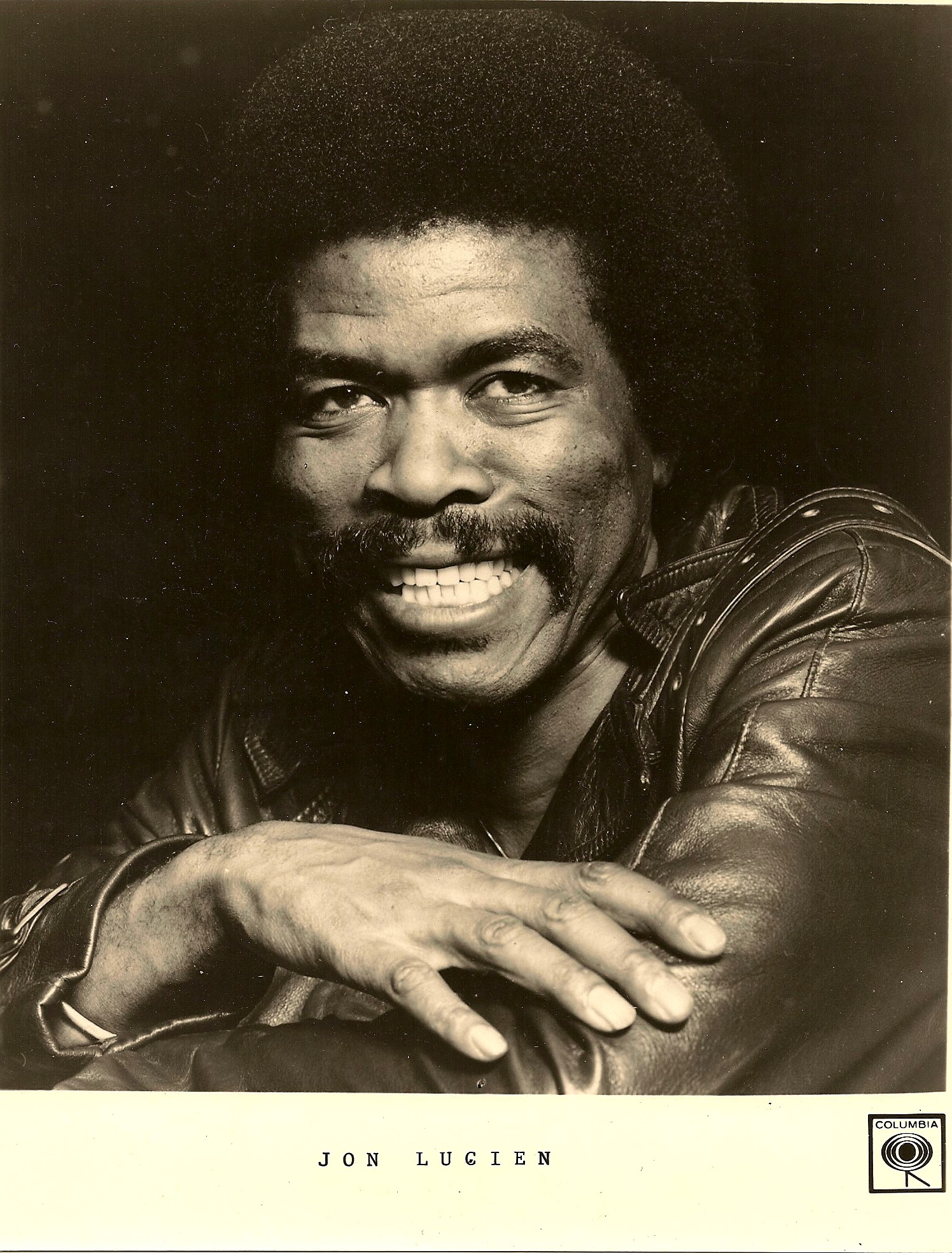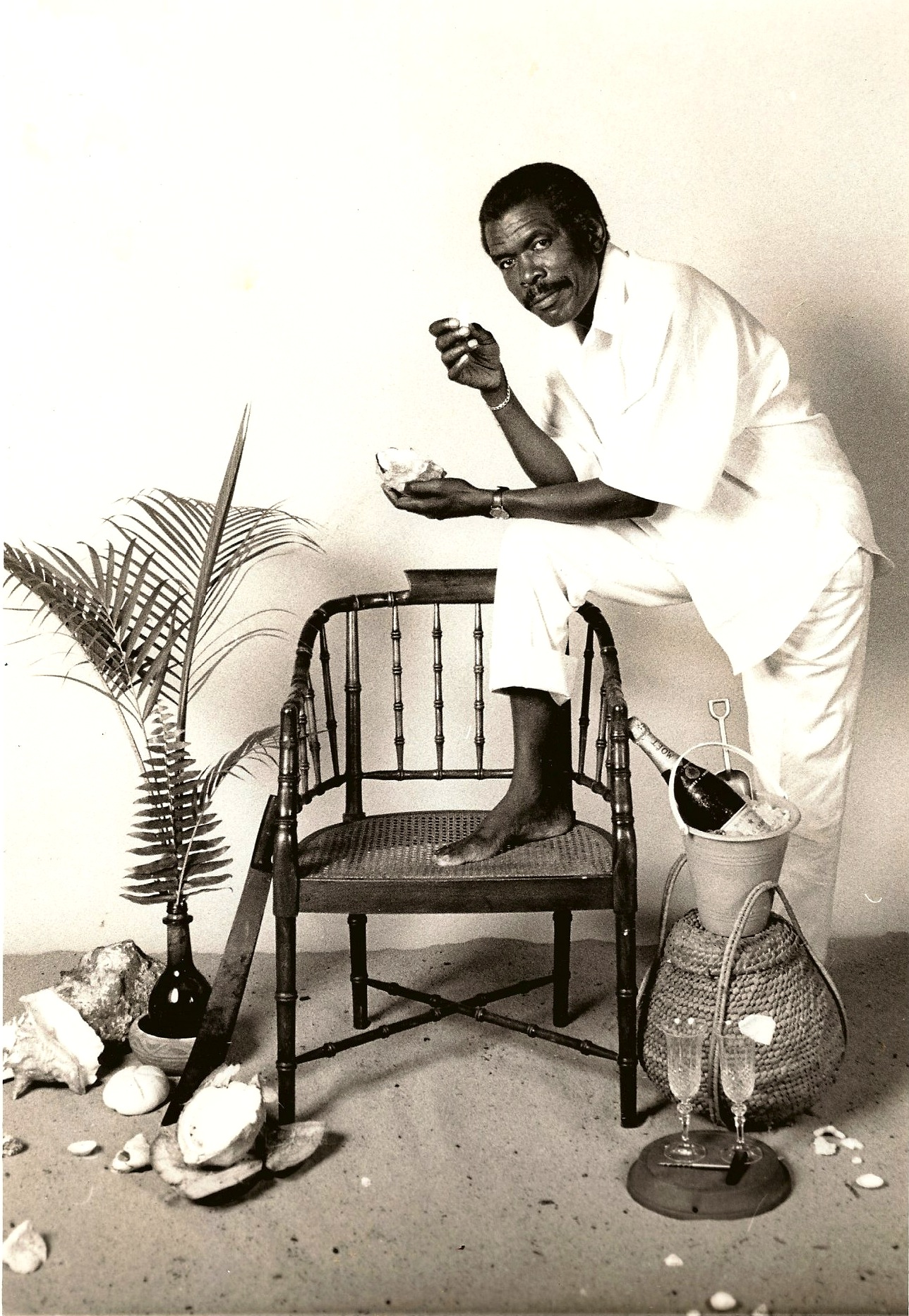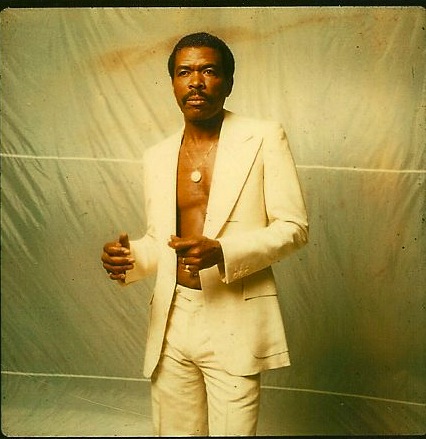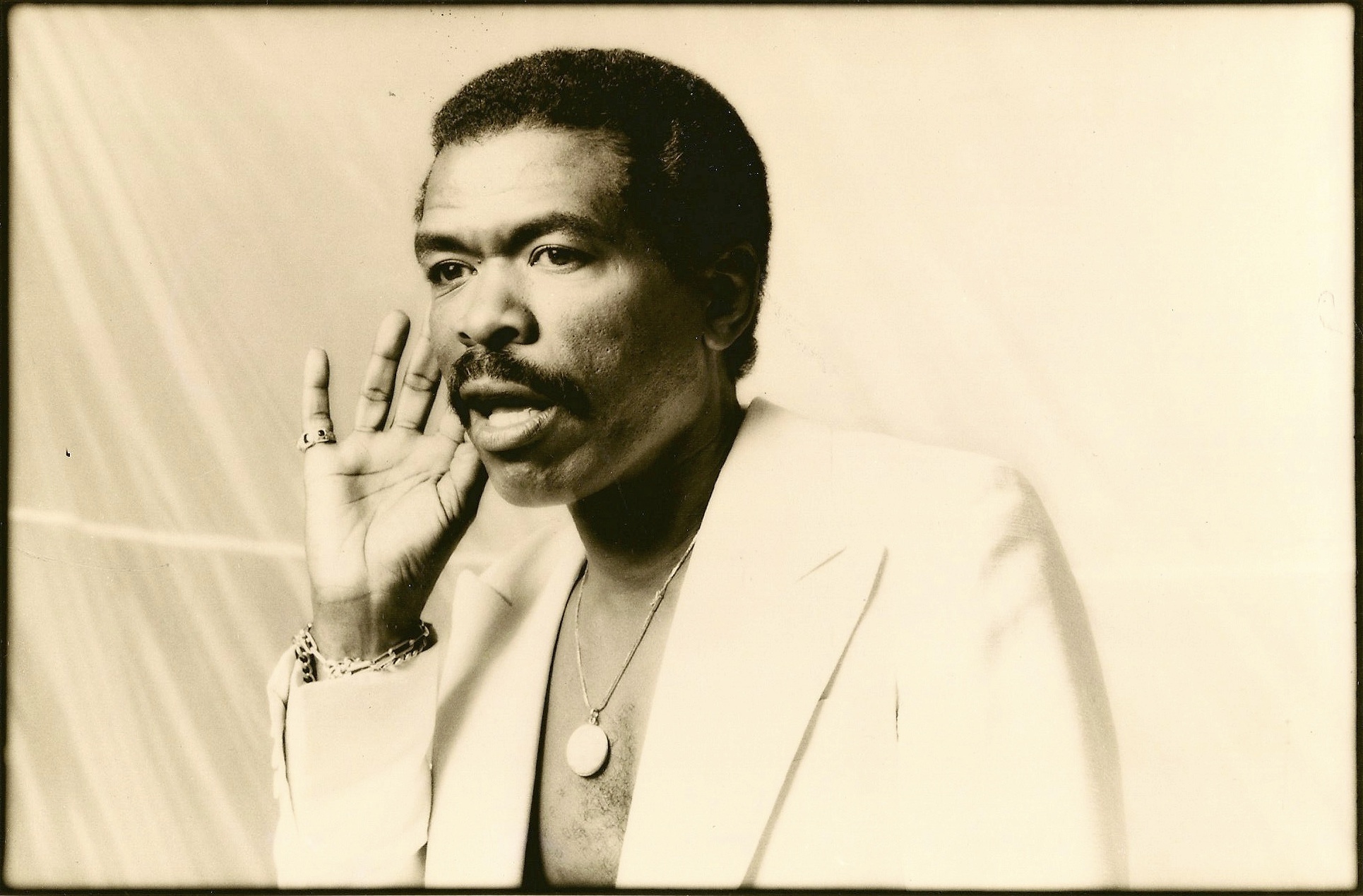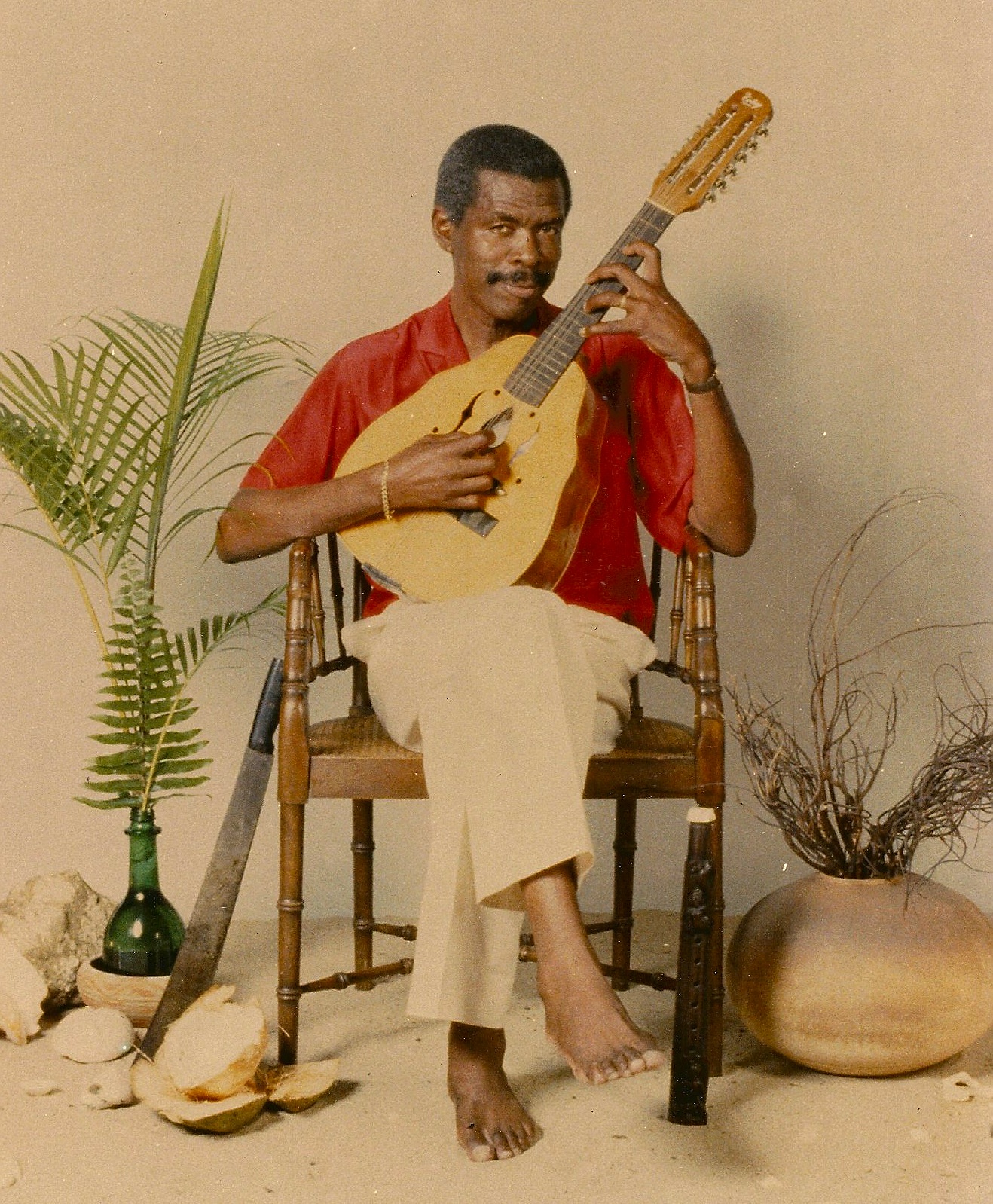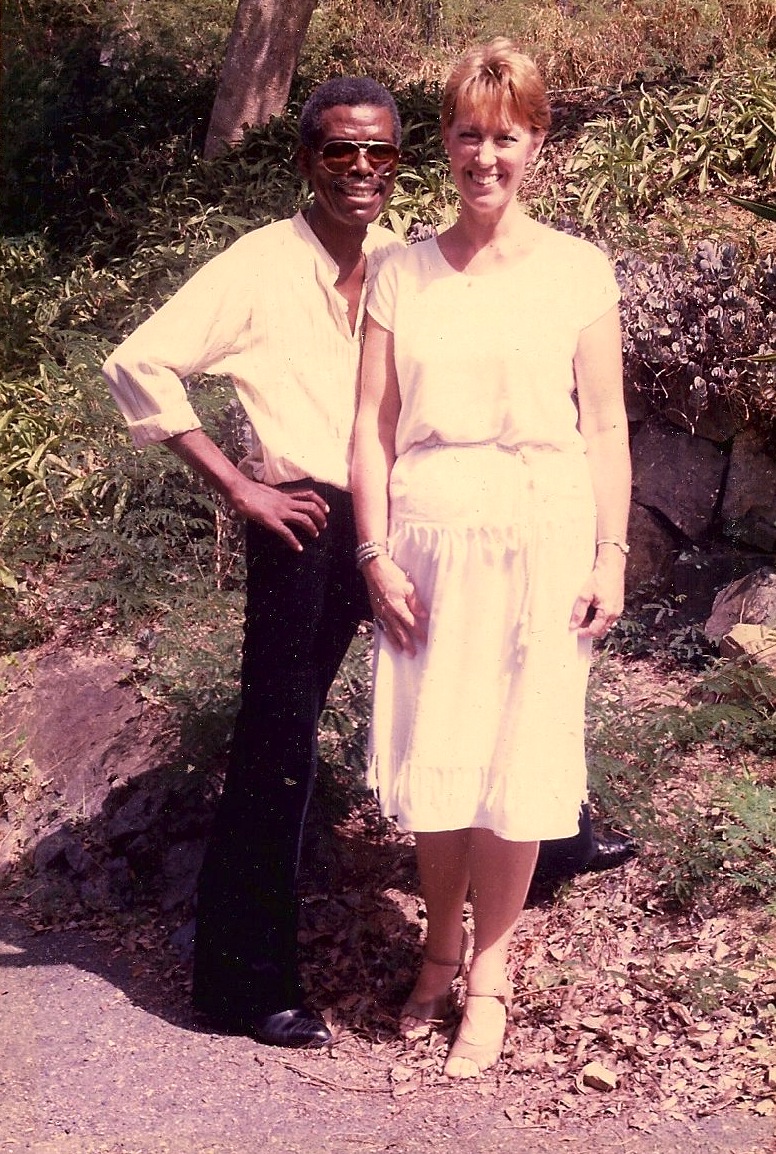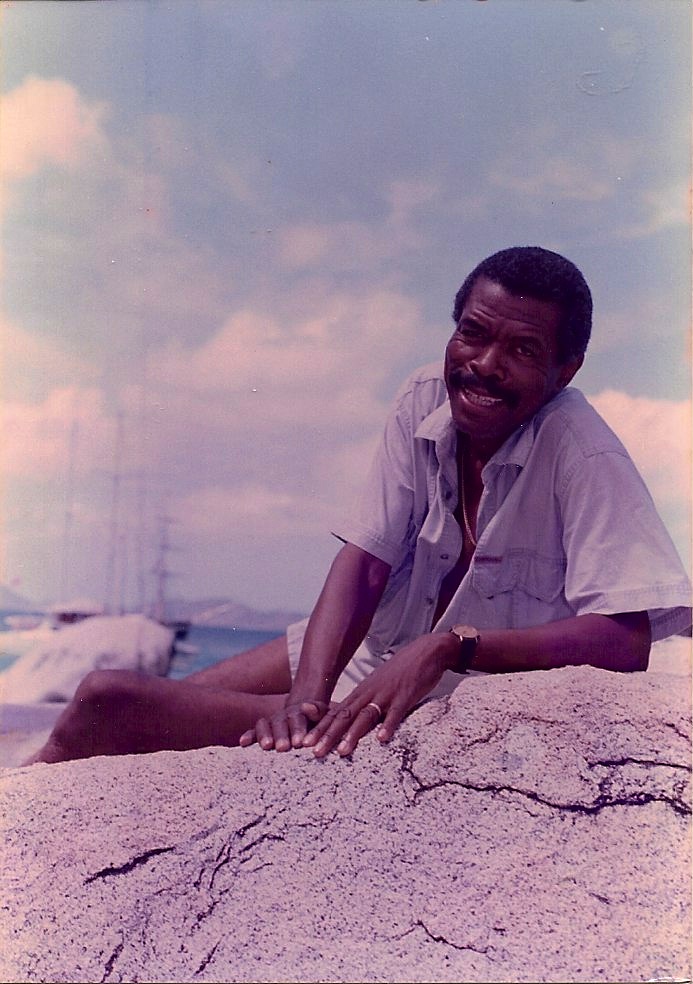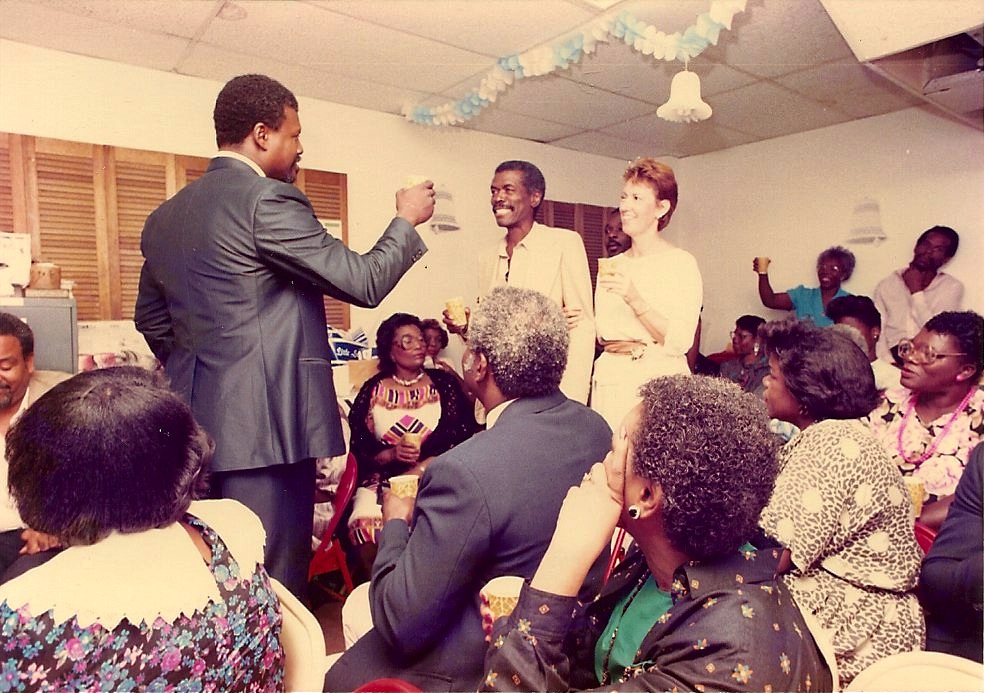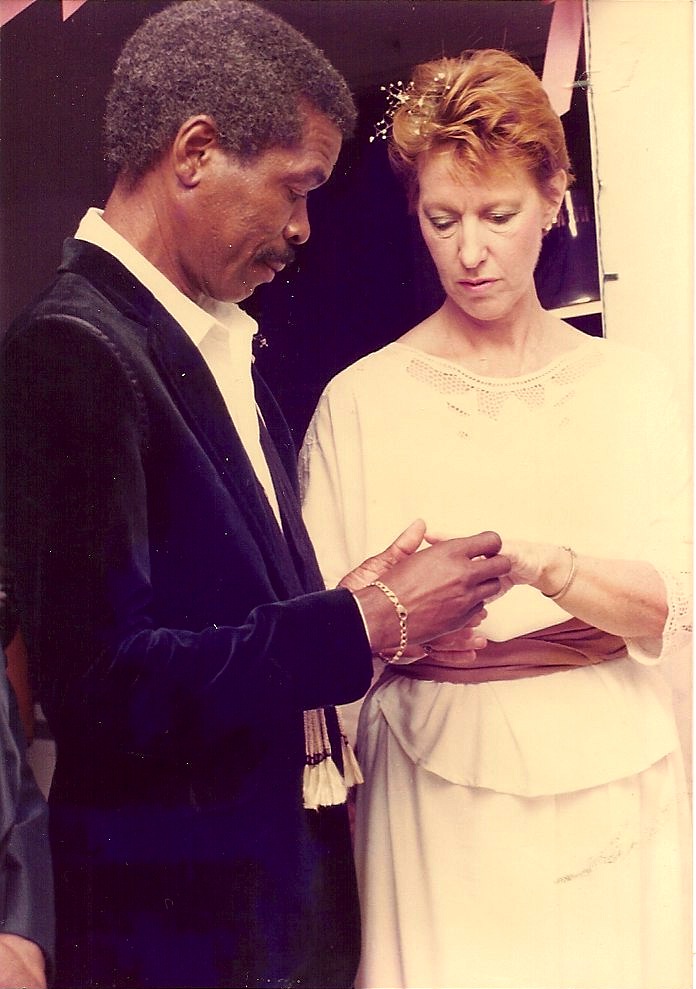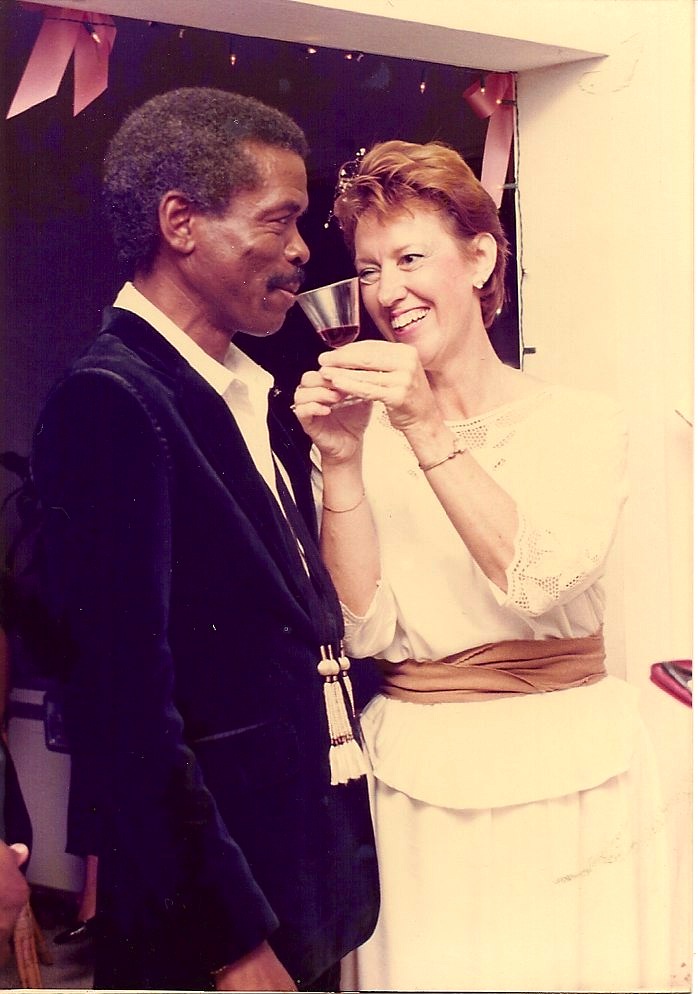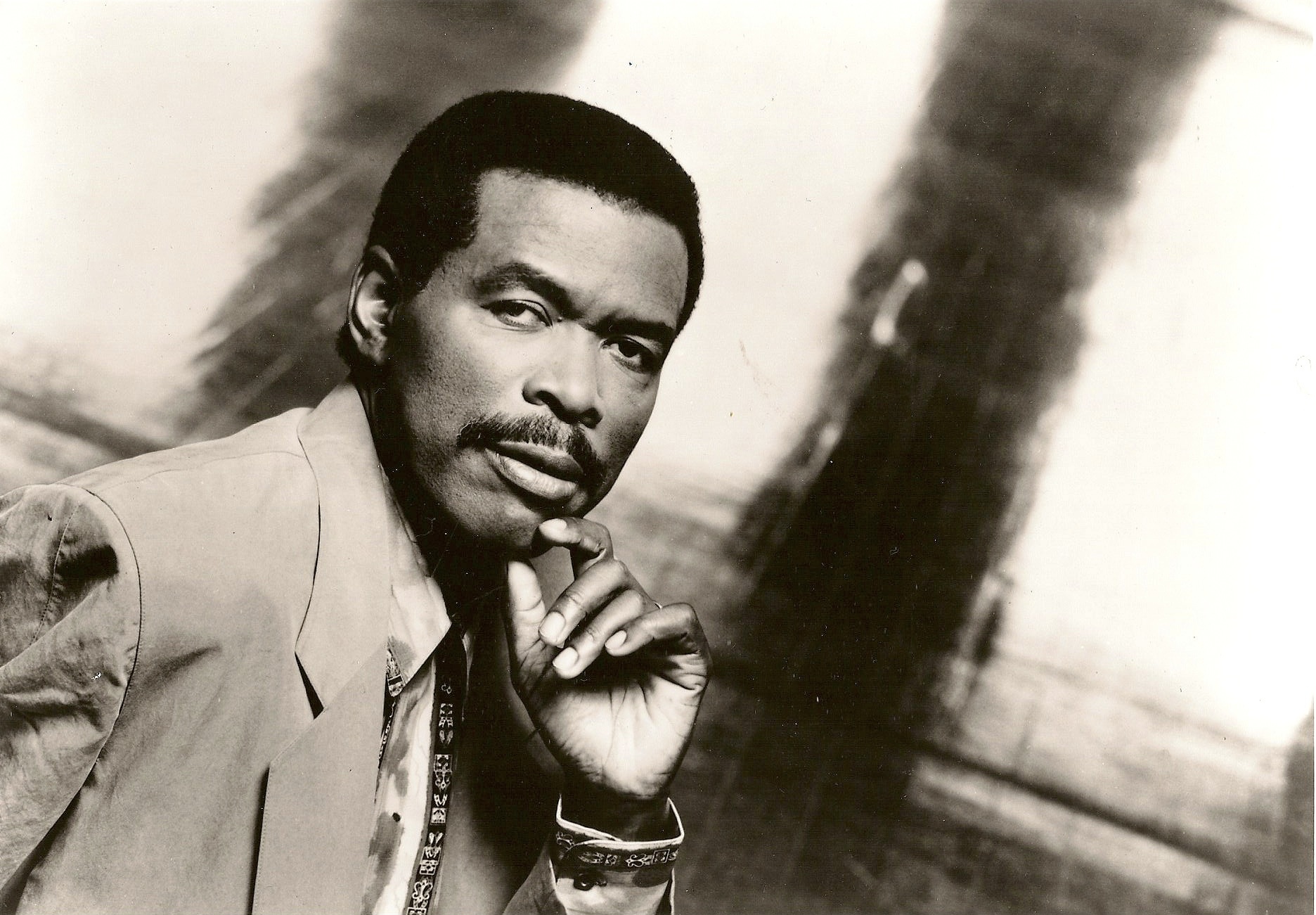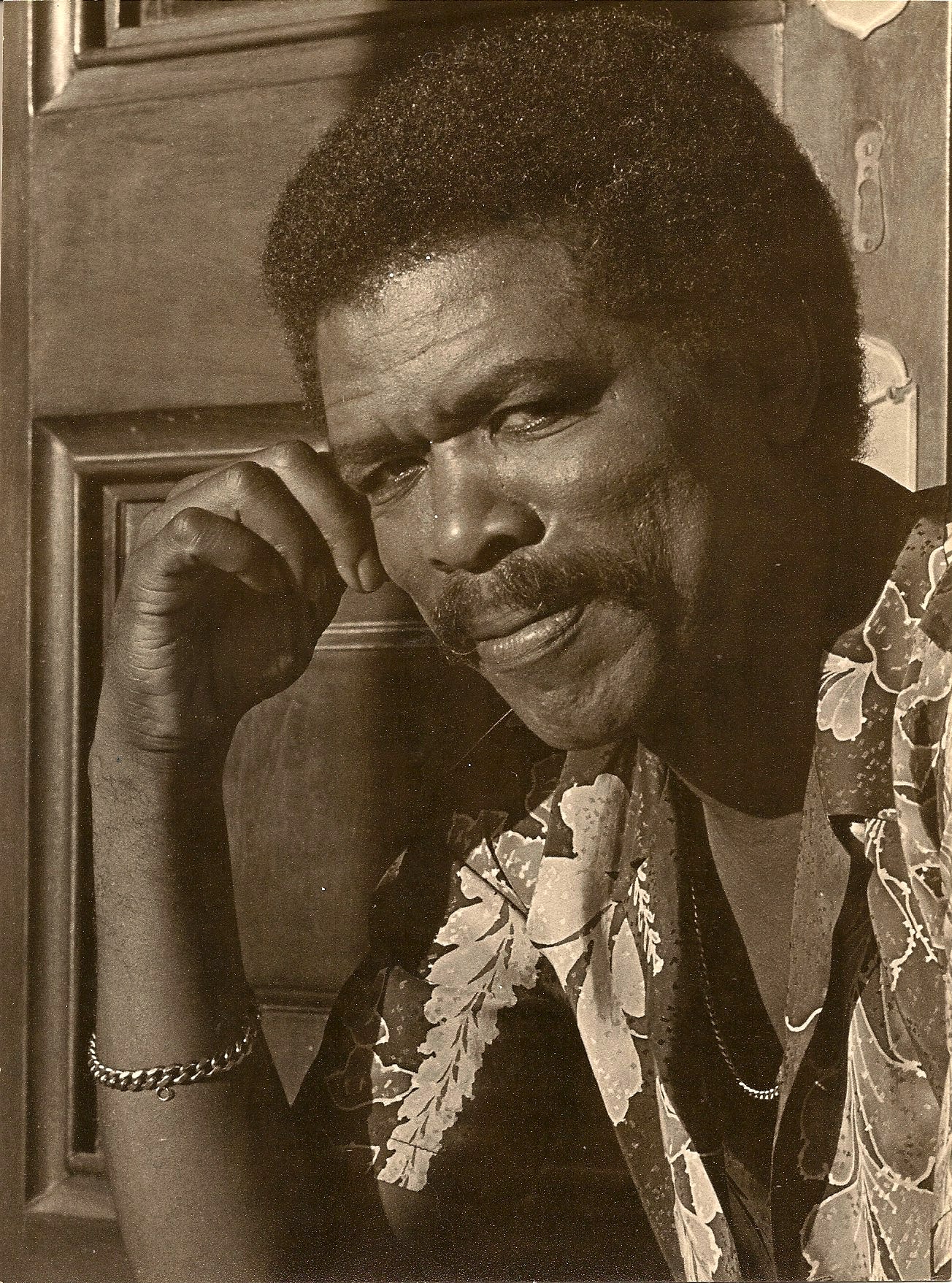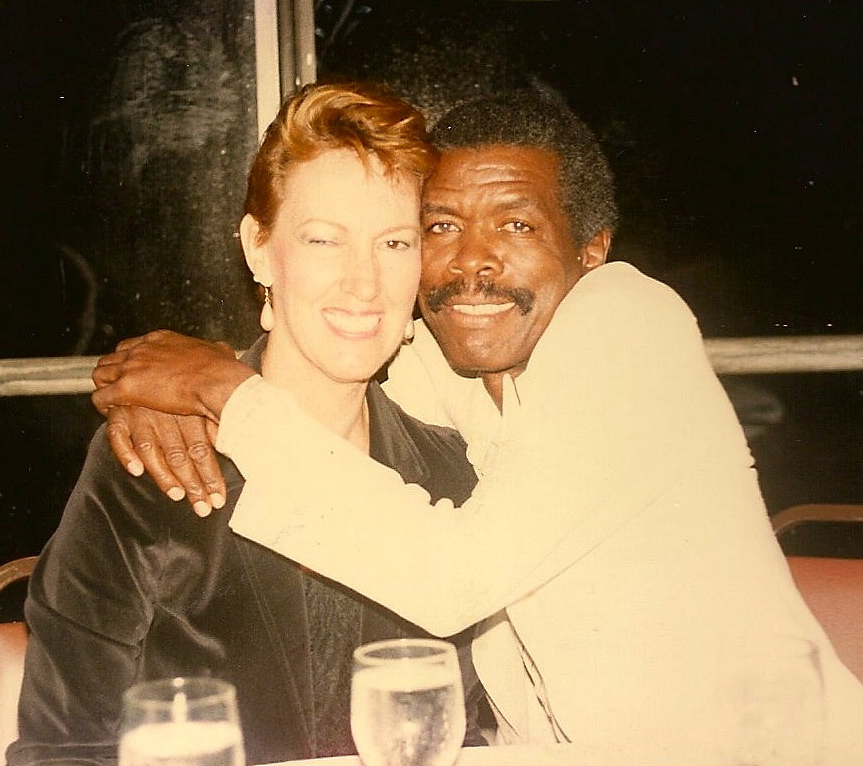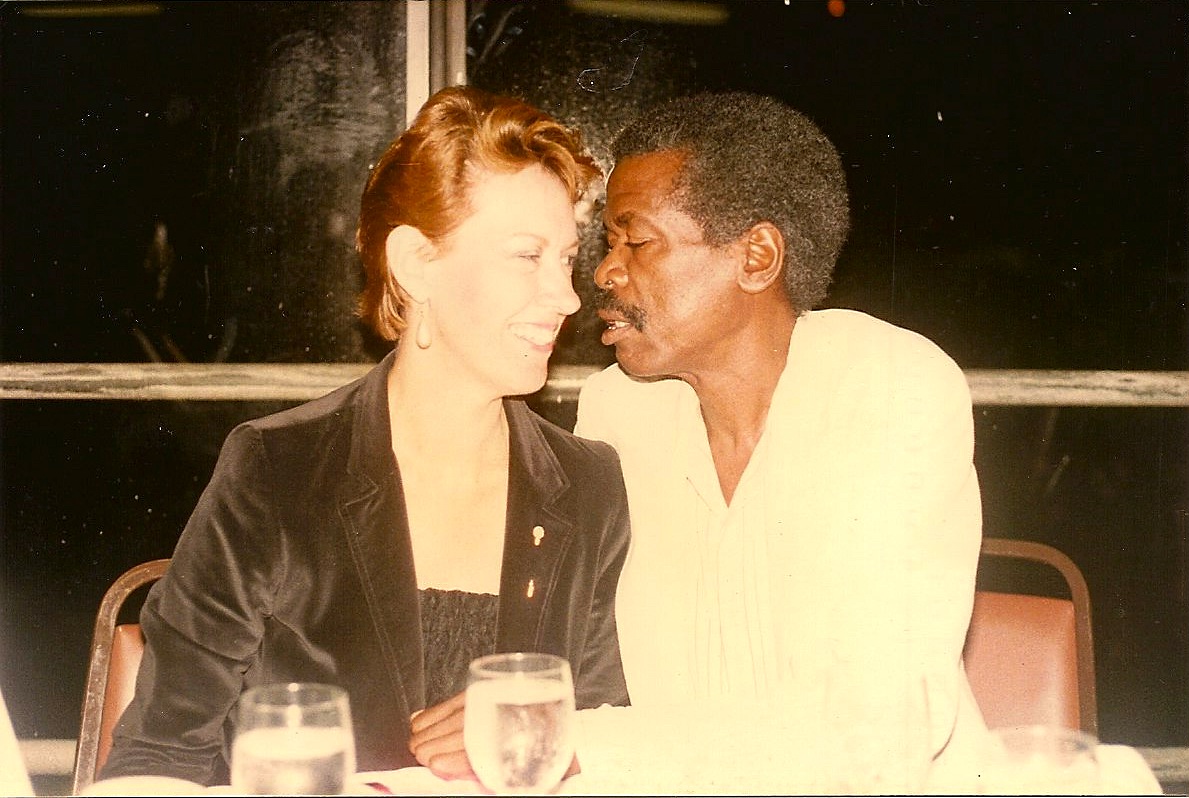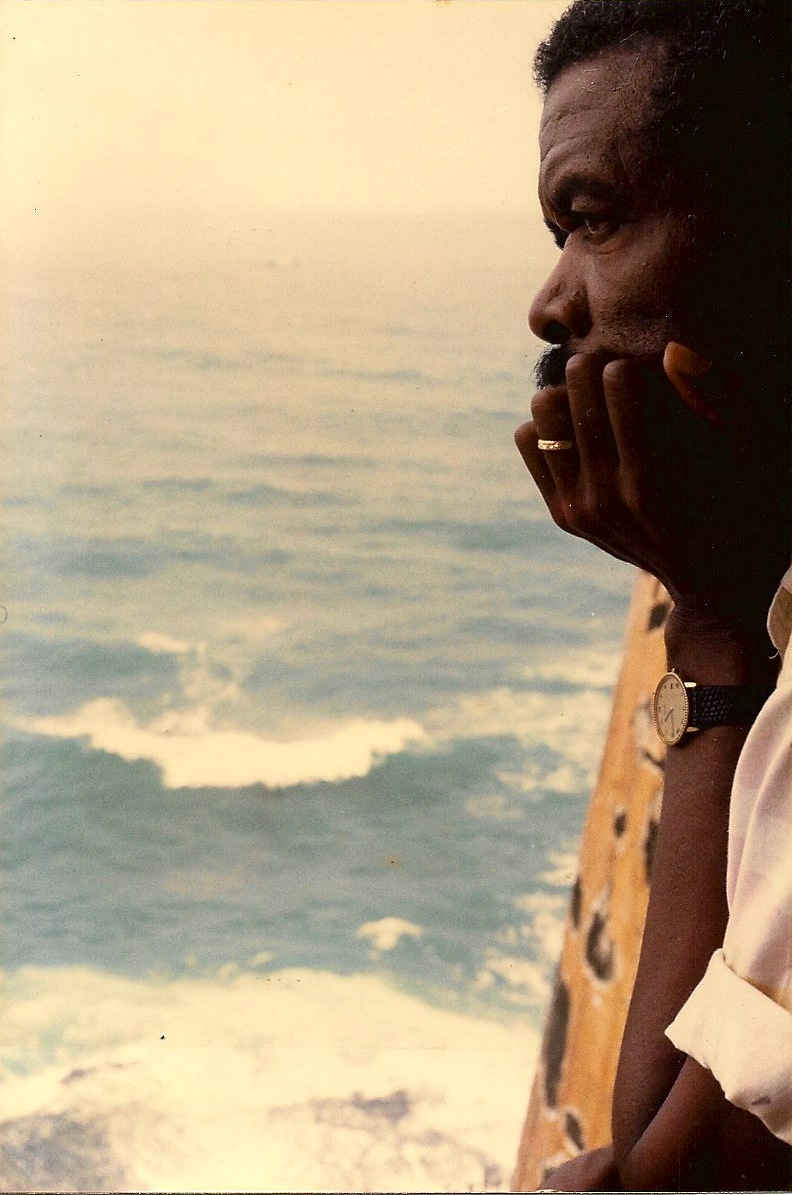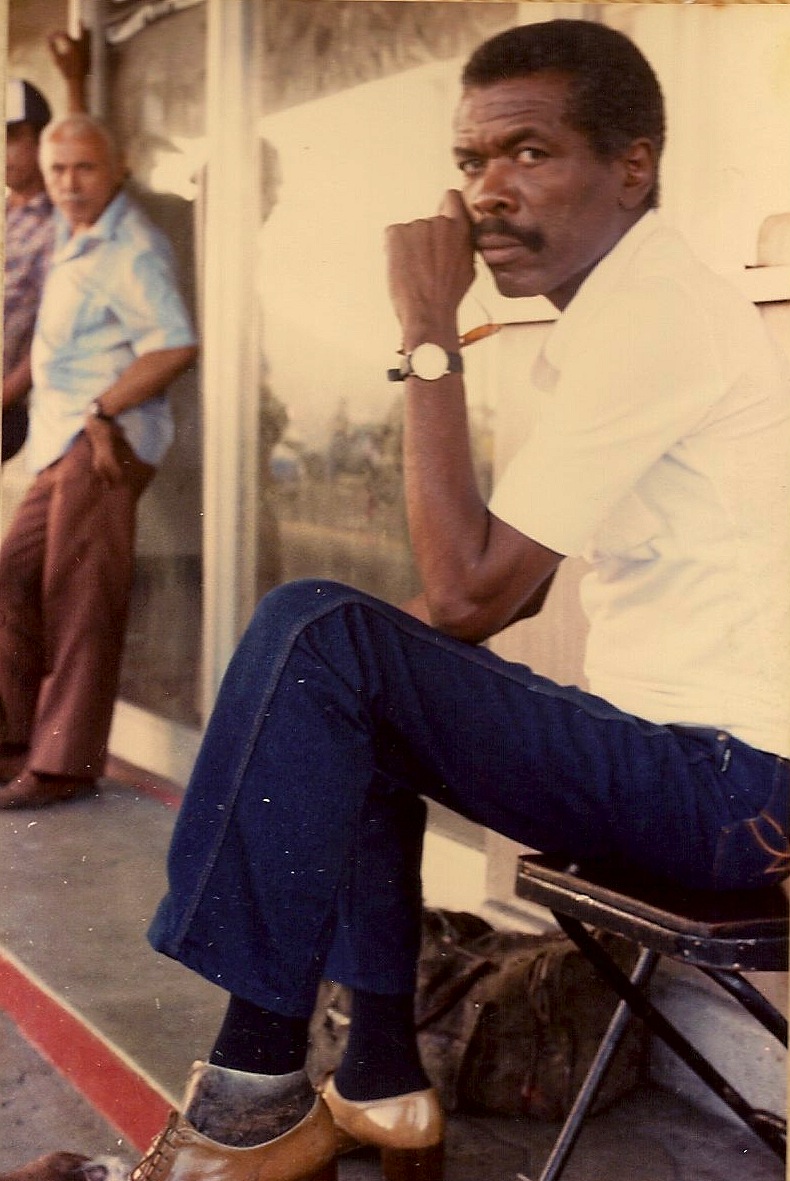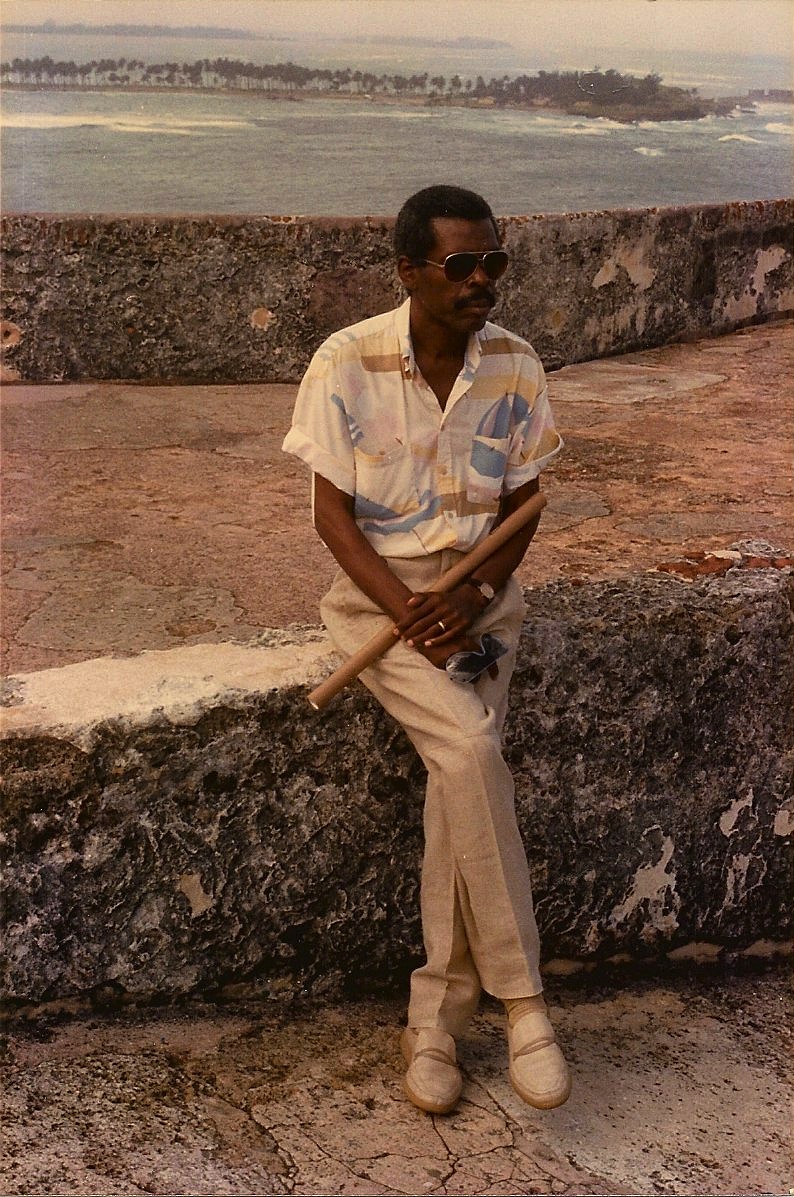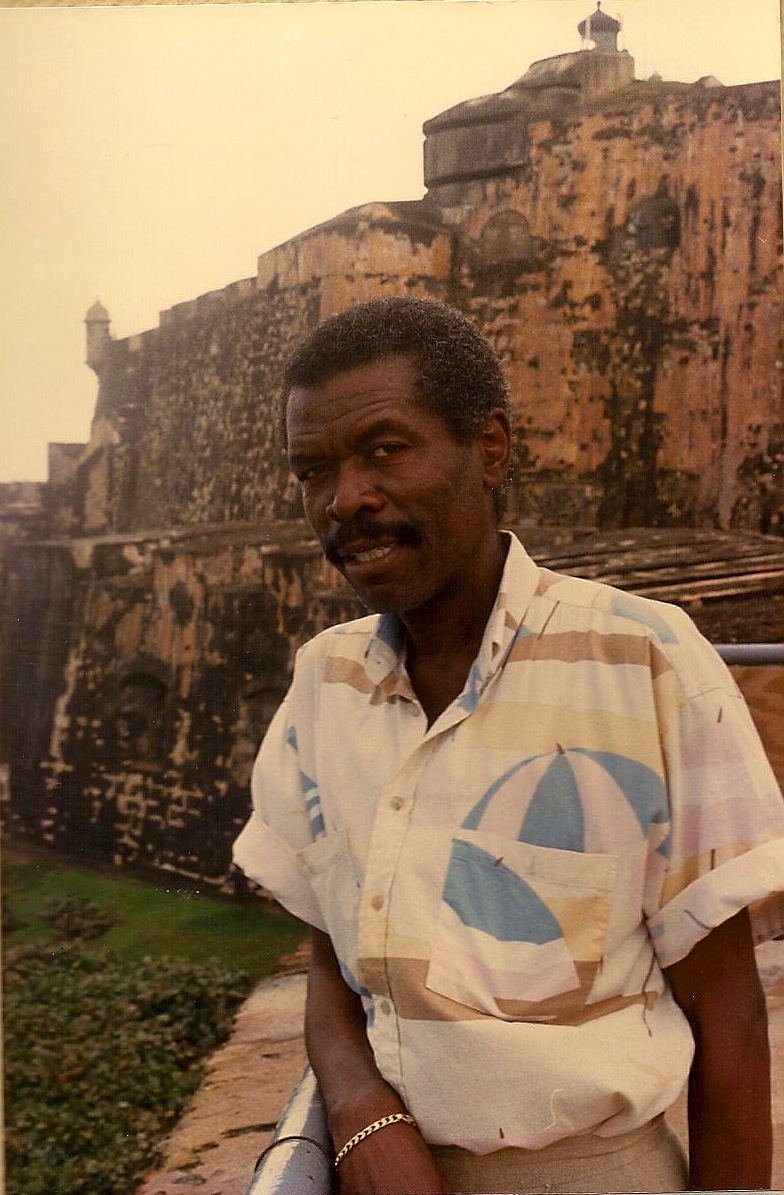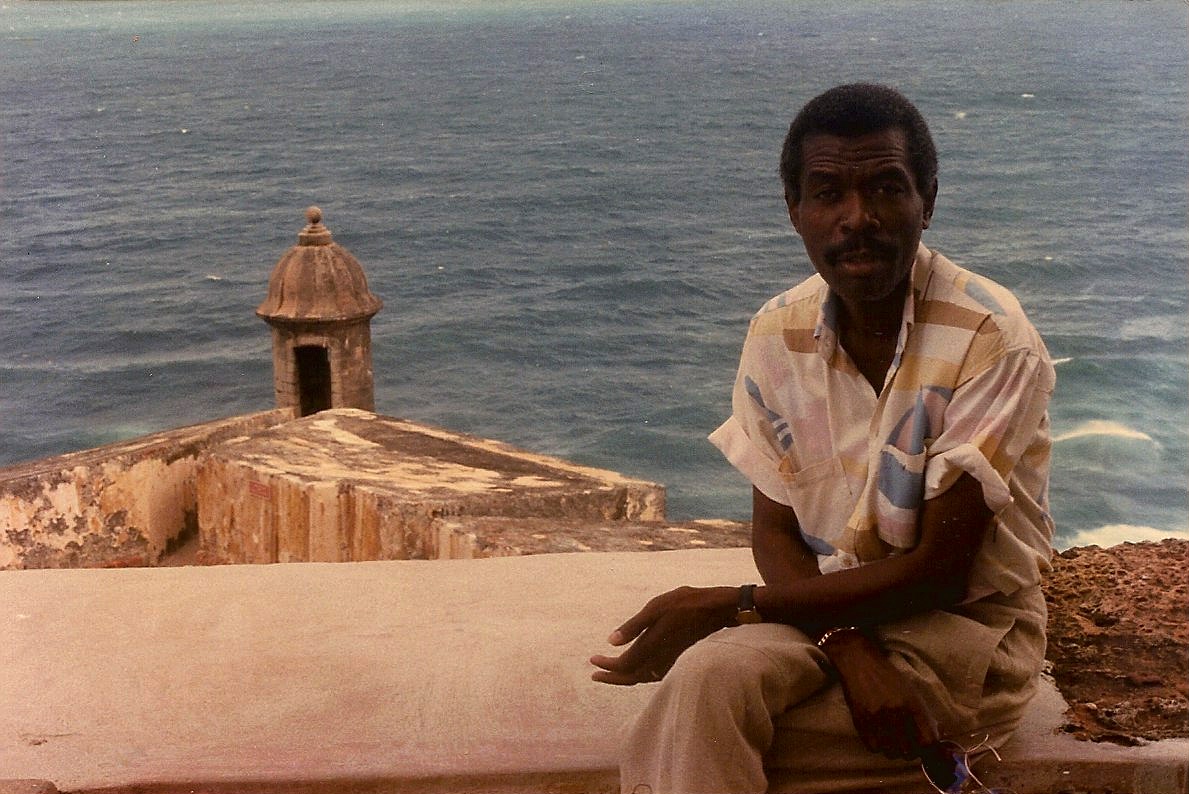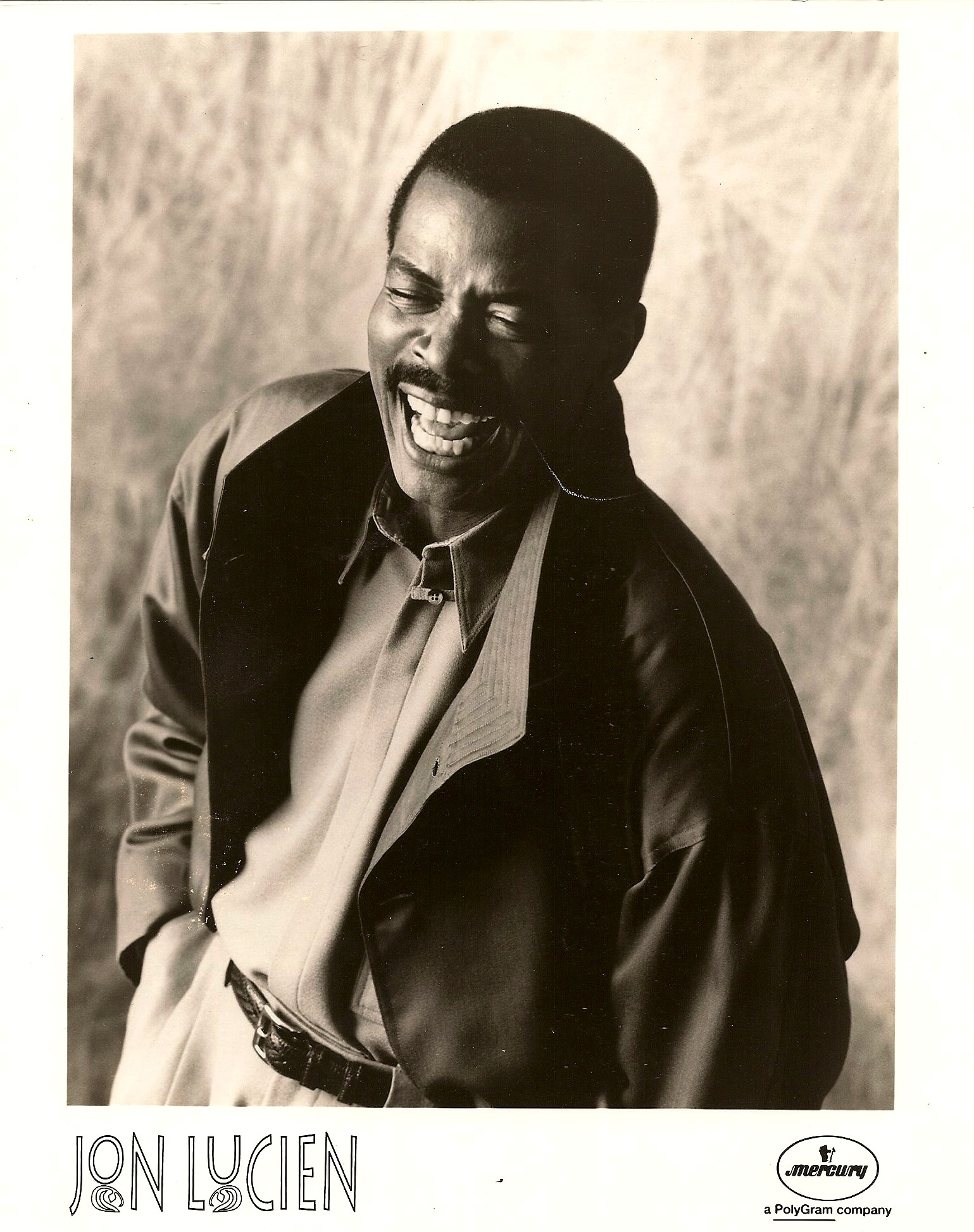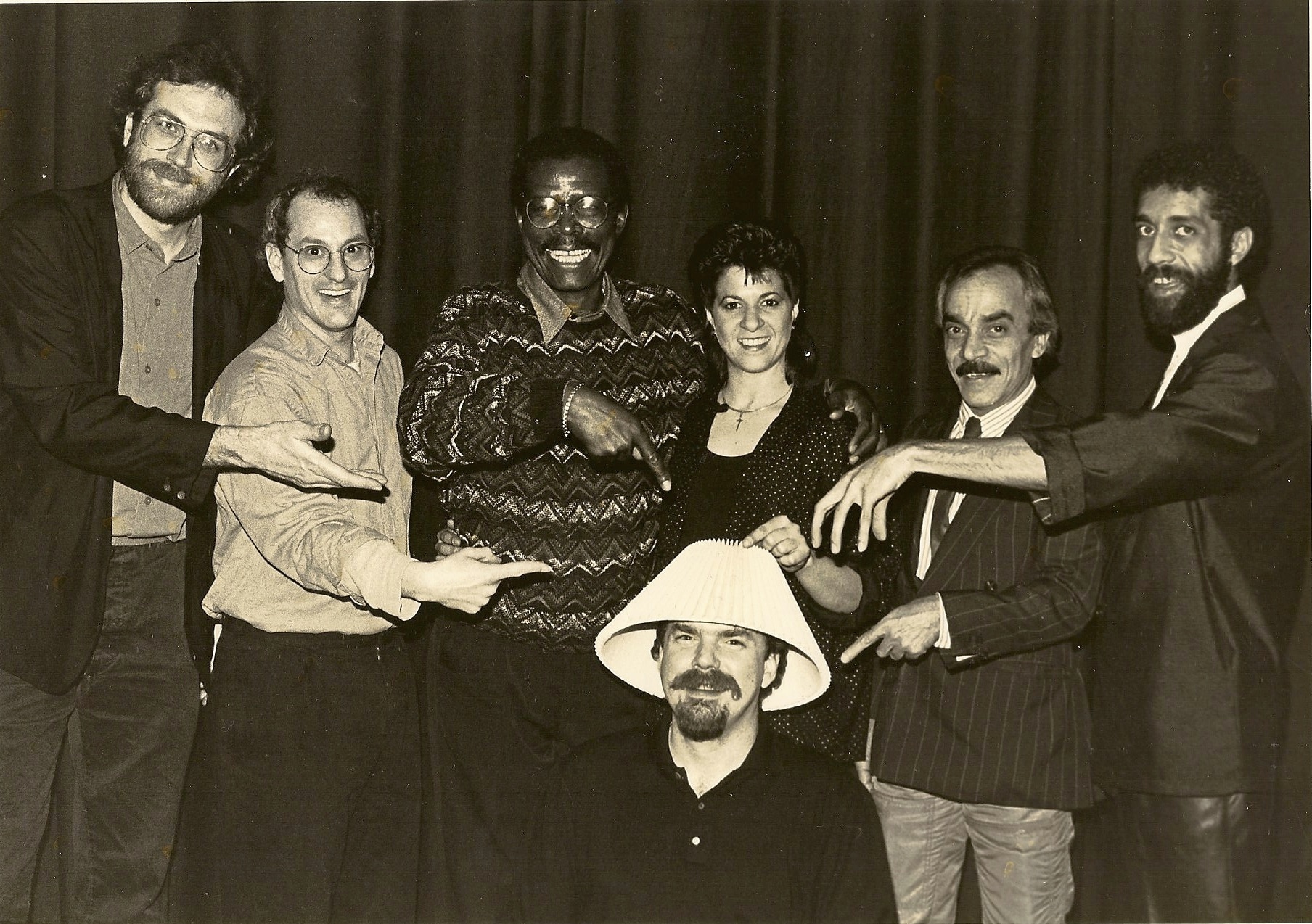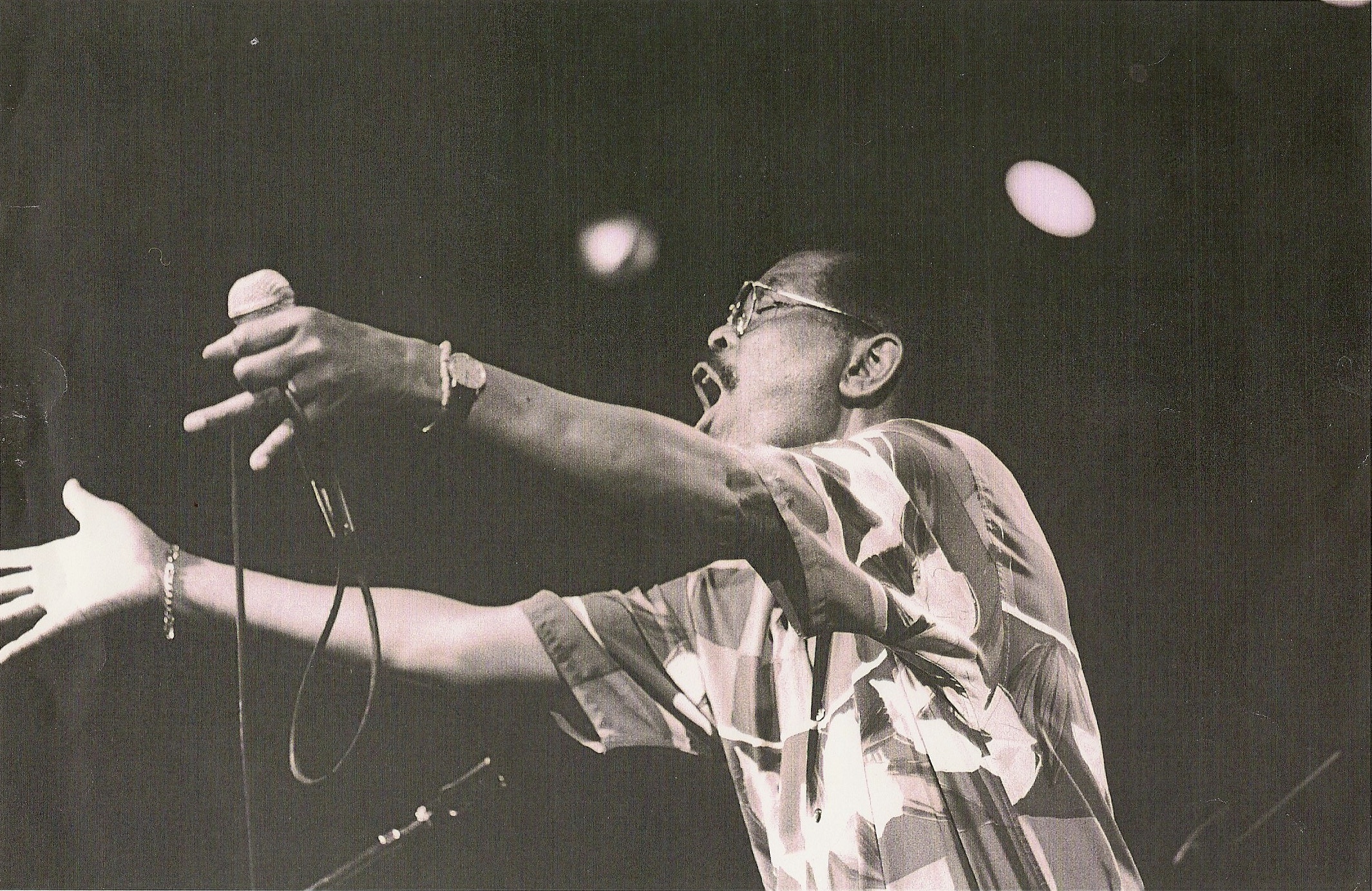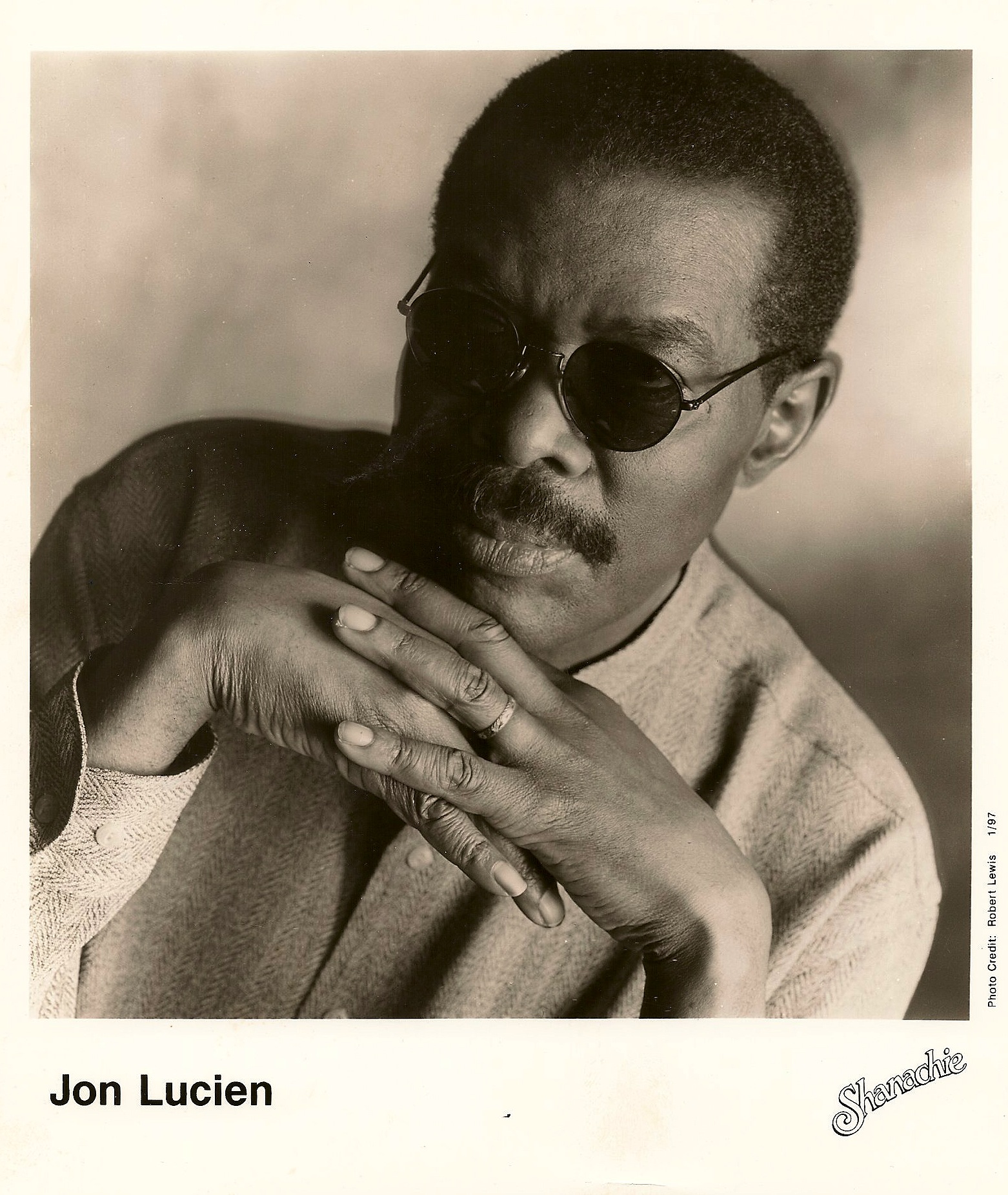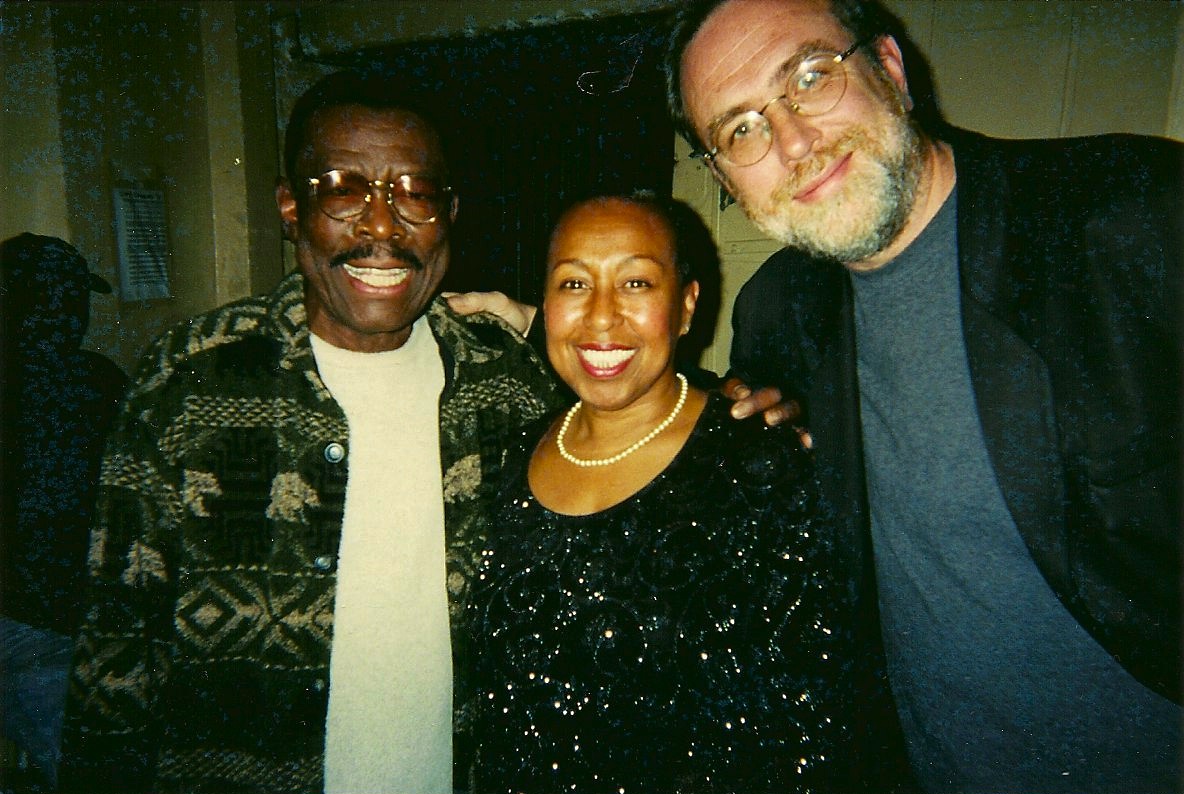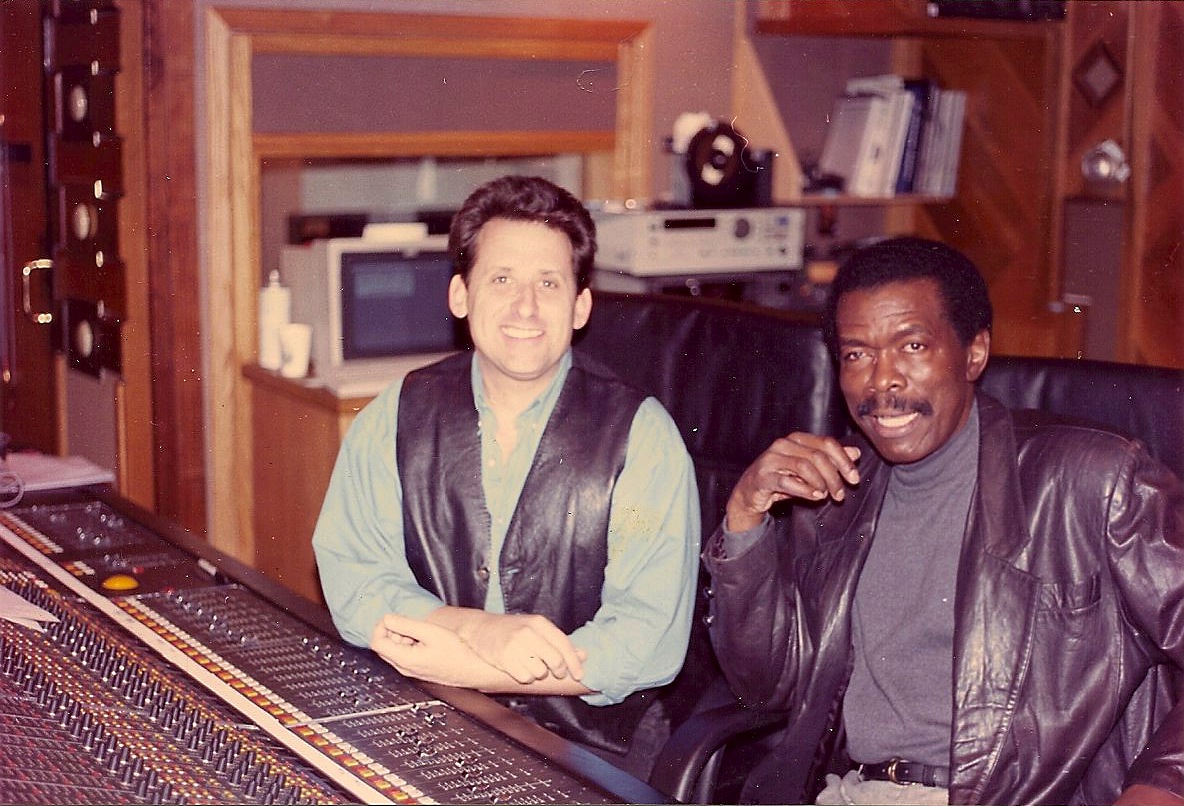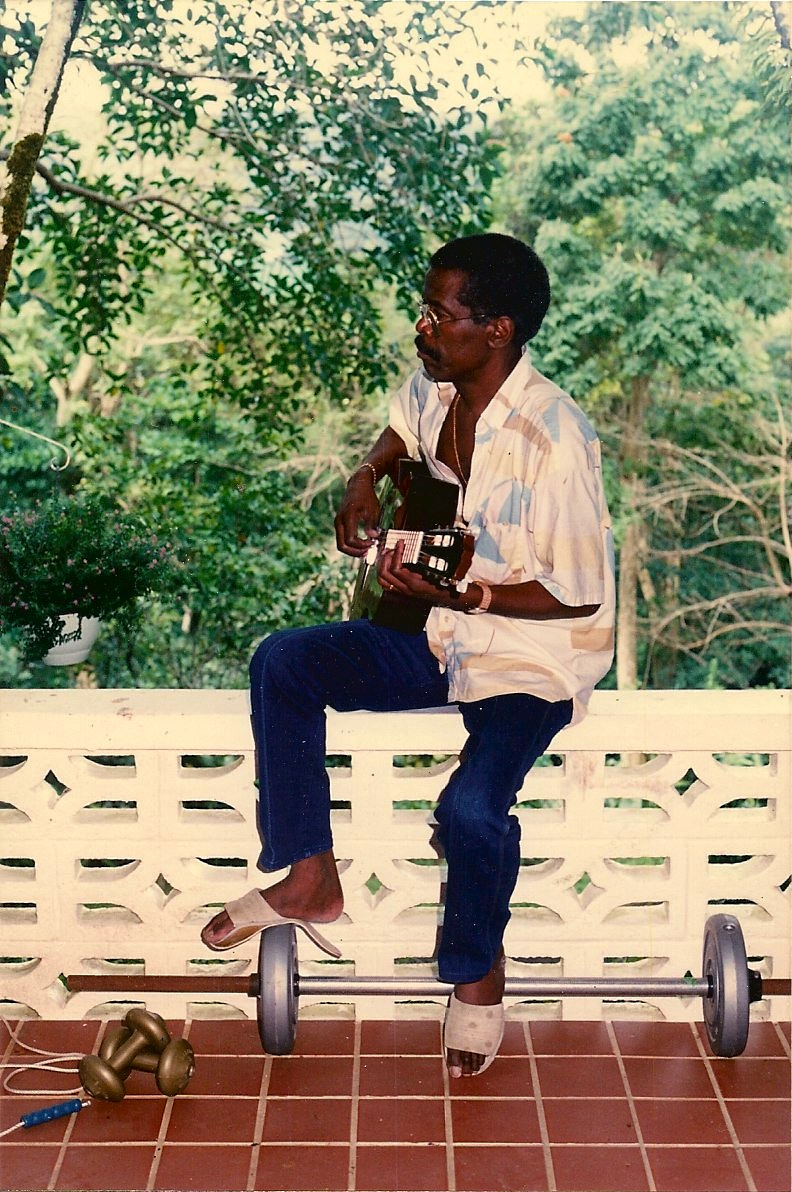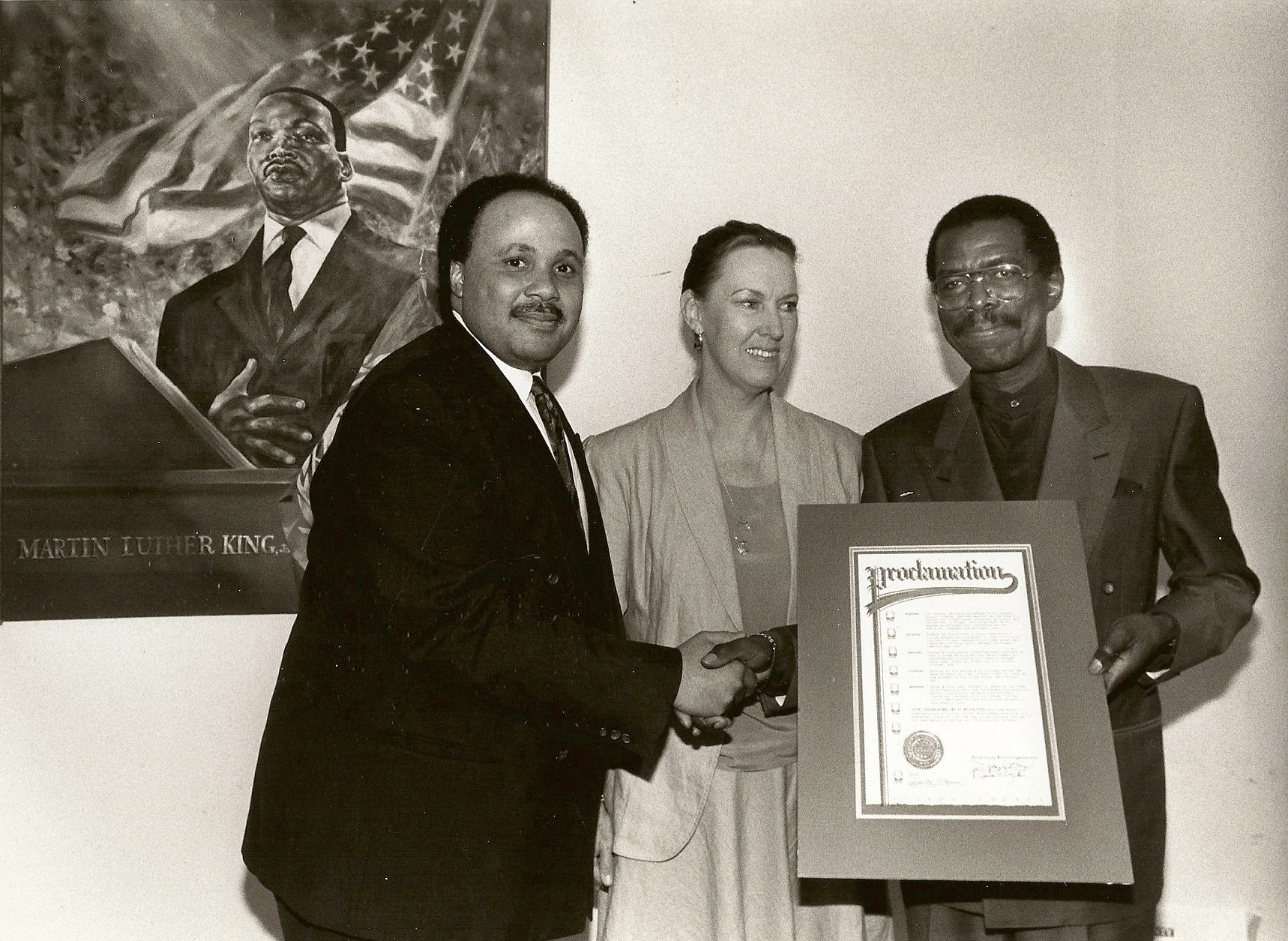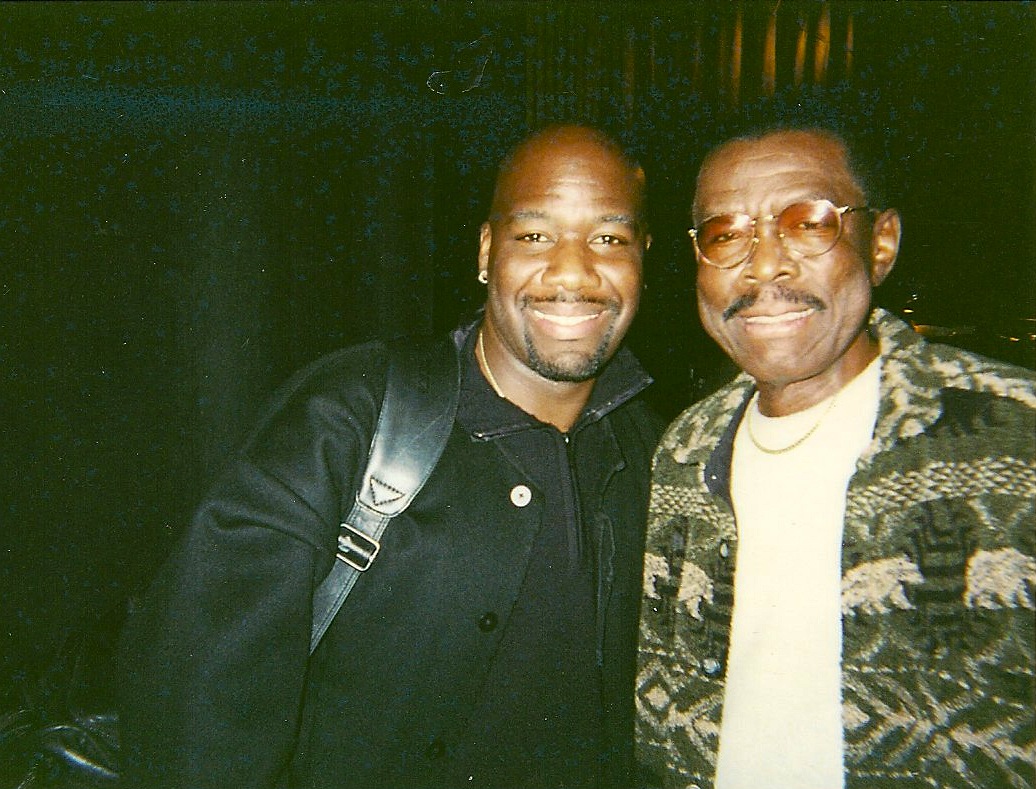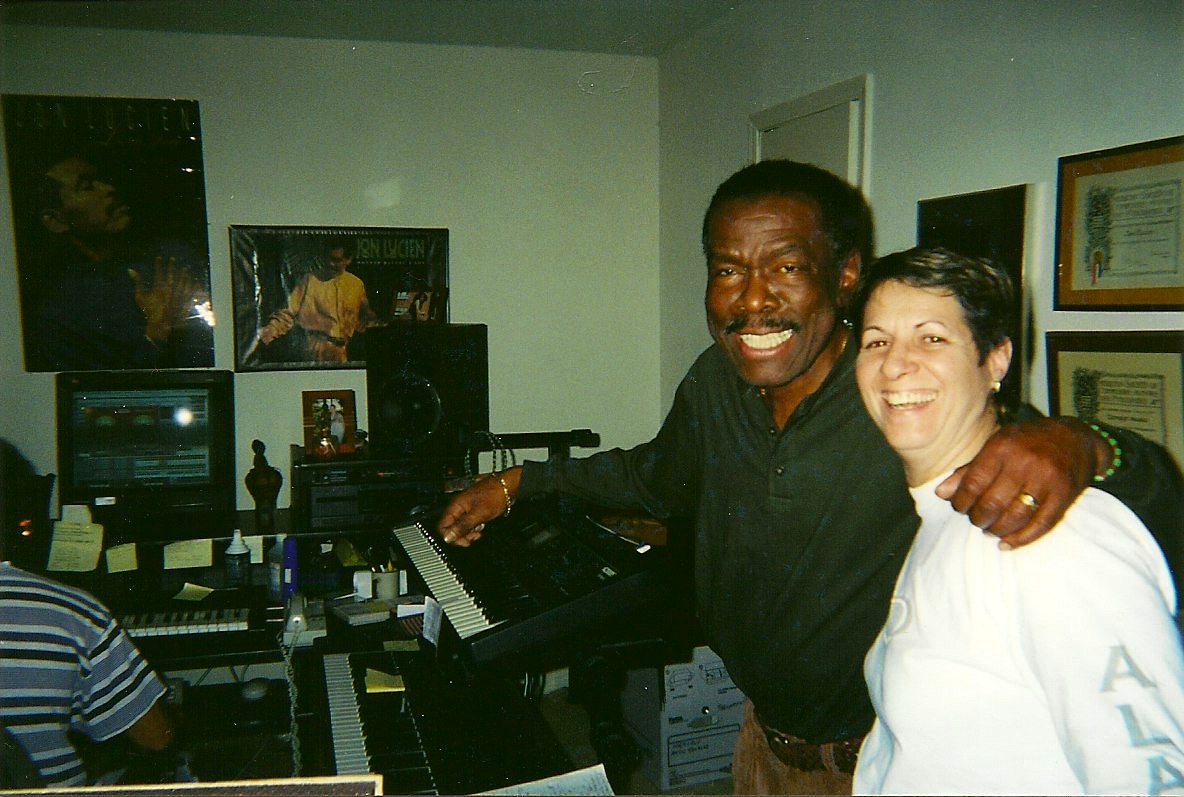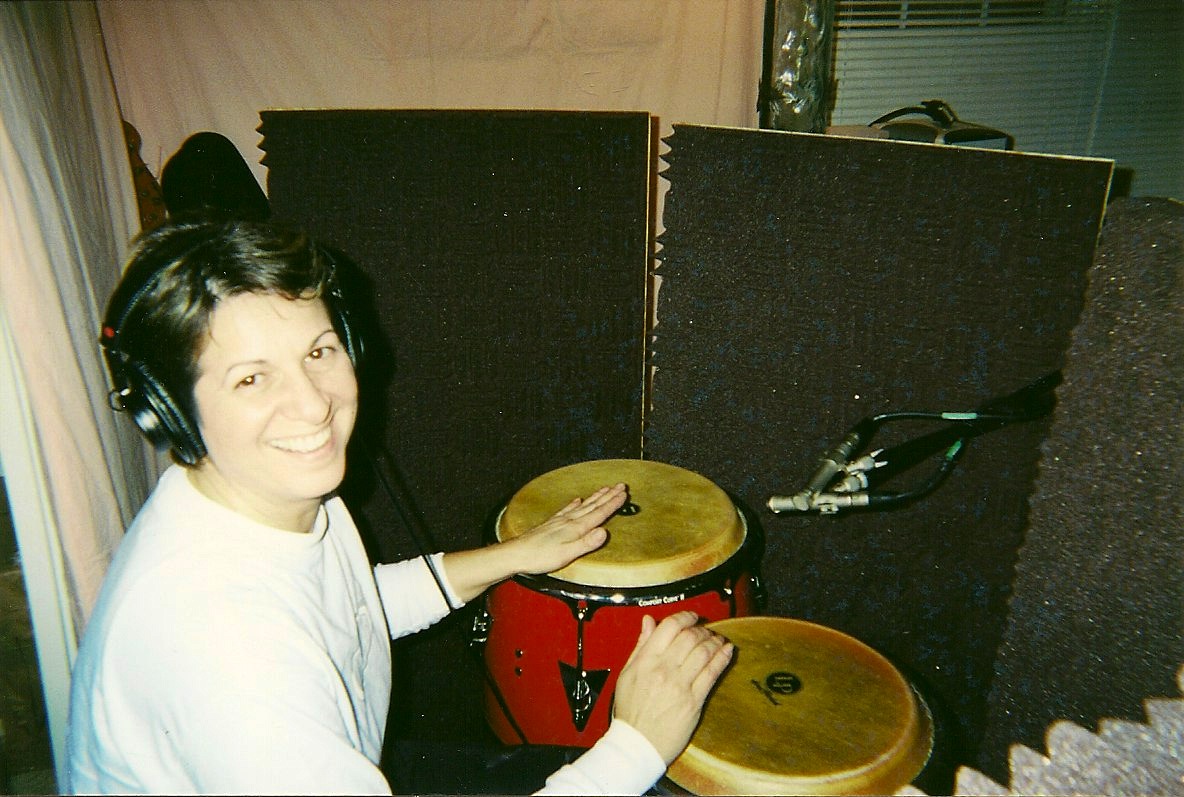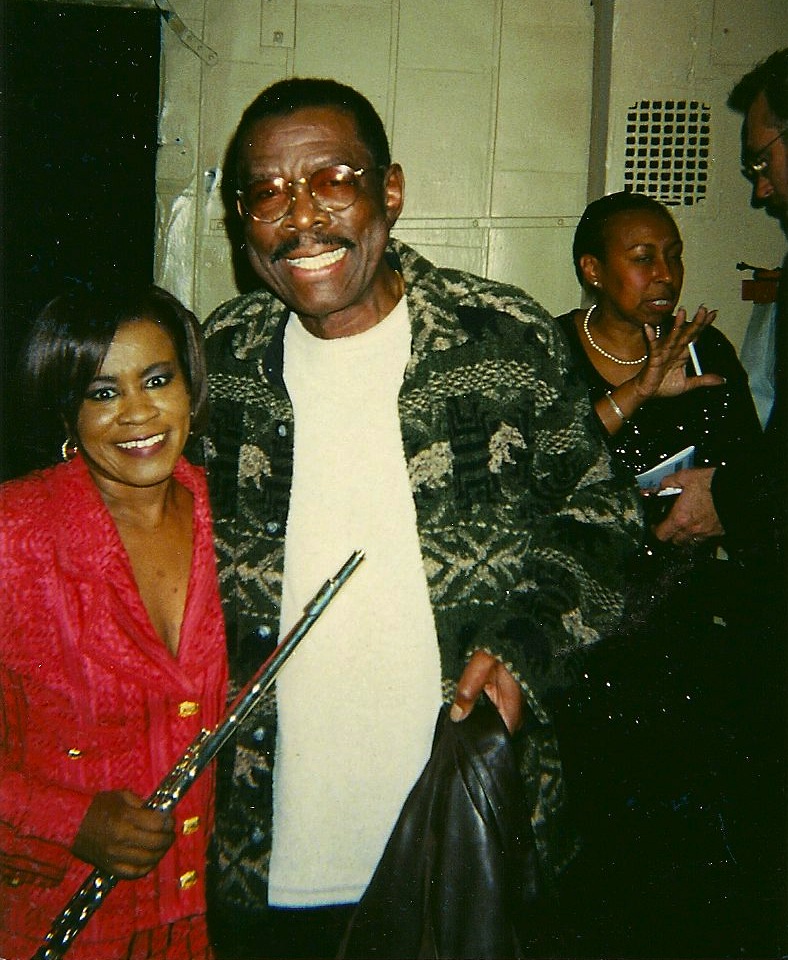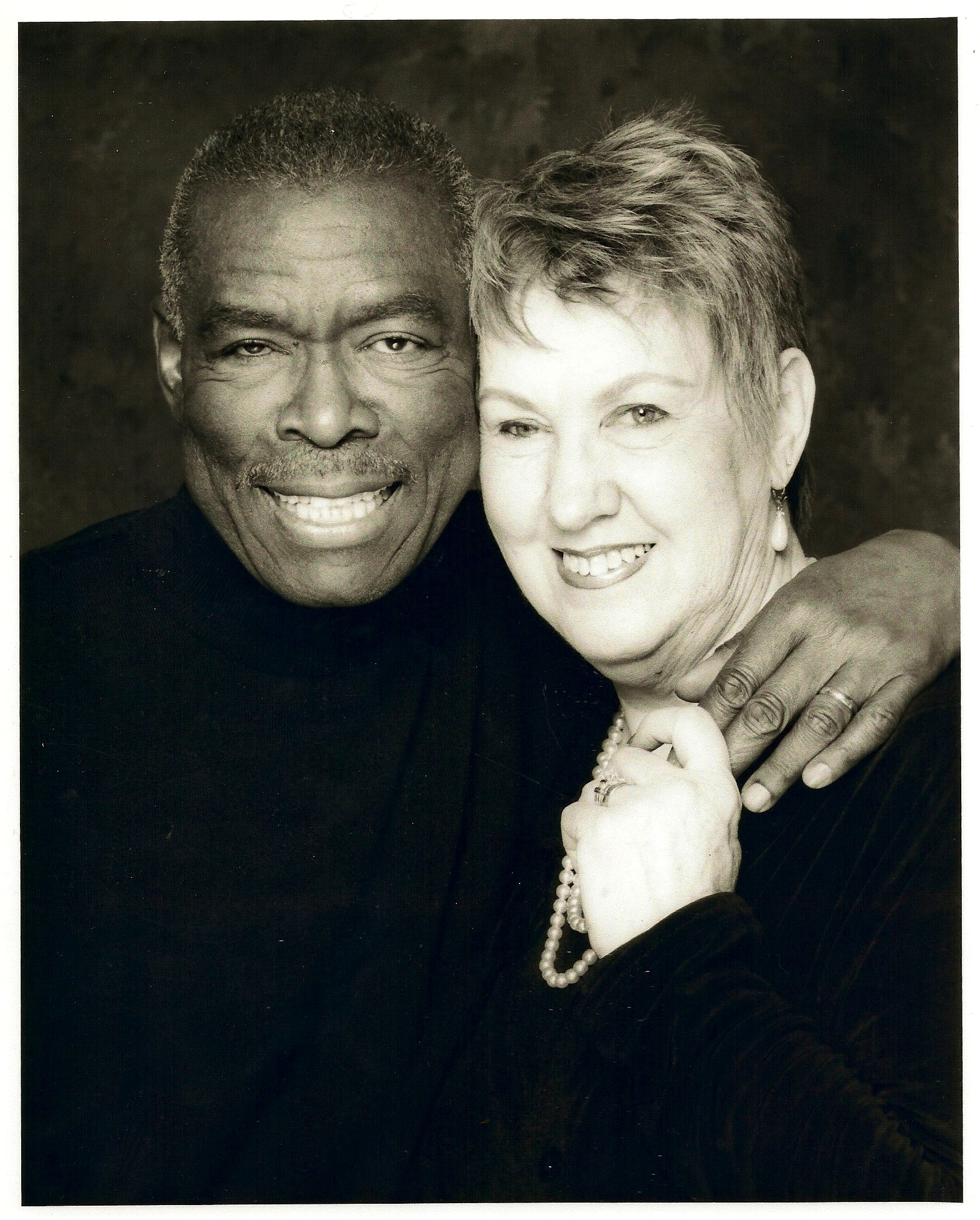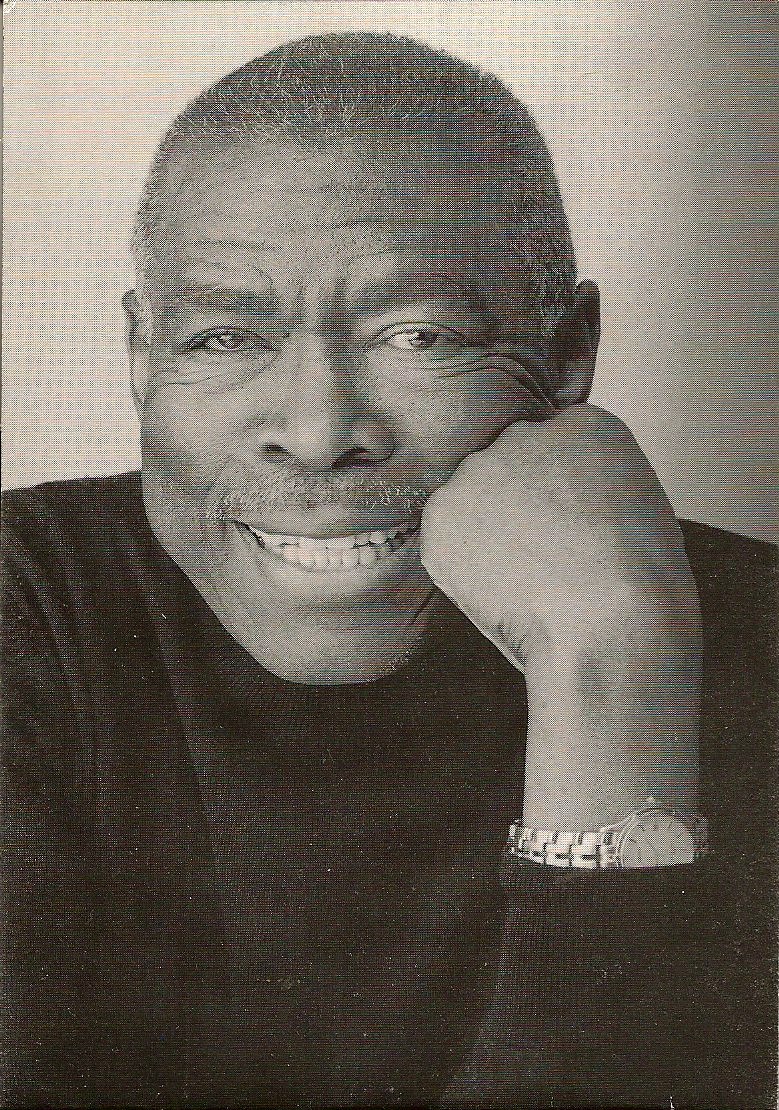Biography
The life of Jon Lucien
About
More than any other singer, Jon Lucien captures the essence of romance. His voice is rich and expressive, his best songs are perceptive poetic tales of devotion, trust, hope, harmony and spirituality. Three dimensional parables of love lost and love found and relationships filled with the promise of a new day. He seemed to possess an innate ability to evoke an atmosphere and create images not only through his lyrics but the colors of his music.
In the 28 years since the release of his debut album, connoisseurs and assorted in-the-know types have spoken his name with the utmost hushed reverence. His seamless melding of jazz, R and B, Caribbean rhythms and Brazilian music proved to be a decisive early influence on what would be simplified and marketed as the twin formats of "quiet storm" and "smooth jazz," although very few artists working in either format approach Lucien's level of artistry or innovation, not to mention originality.
That last quality owes a lot to his Caribbean background, having been born on the island of Tortola in 1942, and raised in St. Thomas by a guitar-playing dad and greatly inspired by Nat "King" Cole. Arriving in New York by the mid-60s, he set about sharing the music in his head with the world at large. His 1970 RCA debut, I Am Now, was a formative step in the direction for which he would subsequently be known, presenting him as a romantic crooner with an exotic accent, but sticking largely to string-laden easy-listening arrangements. By the release of his second album, Rashida, in 1973, he had arrived at his artistic cruising speed, creating a style of R and B where the "B" stood more for bossa nova than blues, with languid samba rhythms, understated nylon-string acoustic guitar, fluid bass lines and his trademark unique scatting, occasionally eschewing lyrics altogether. This approach yielded a number of classic cuts like "Would You Believe In Me," "Lady Love" and the title track, which all found a home on the airwaves in those waning days of progressive FM.
For the follow up, 1974's Mind's Eye, Lucien and producer Dave Grusin crafted an album that fulfilled and expanded upon Rashida's promise, a scintillating song cycle combining the diverse sources of Lucien's inspiration in a seamless manner. Unfortunately, this album would mark the beginning of Lucien's rather adversarial relationship with the music business establishment, with tracks like "Listen Love" and "World Of Joy" being considered too hard to pigeonhole for any one radio format.
A move to CBS the following year yielded Song For My Lady, an effort to reach the broader audiences that had proven elusive to his previous RCA efforts. Recorded with an array of studio session heavy-hitters, Song fared somewhat better, with "Creole Lady" receiving significant air play on the AC format of the era, although still falling a bit short of making Lucien a household name. The album remains, however, fondly remembered by all who've heard it, as does its 1976 follow up, Premonition, featuring such evergreen favorites as "Laura" and "Hello Like Before" with a similar stellar session lineup. After two albums, however, it became increasingly apparent that CBS scarcely understood Lucien's music and where he was trying to go with it better than RCA, especially with the disco onslaught then beginning to take place.
Feeling a tad disillusioned that music as easily likable as his should experience such difficulties gaining a wider and wider audience, Lucien stopped recording for a while and was not heard from again until the release of 1991's Listen Love on Mercury, followed by 1993's Mother Nature's Son. Both albums went a long way toward refreshing his original fans' memories of his unique artistry, picking up some new ones along the way as well. Jon explains, "Wherever I perform, I hear all the time, 'I'm 18, I'm 19, but my mom turned me on to your music when I was 10, and this is the first chance I got to see you.' "
After a 4-year absence from the recording studio, Lucien returned to debut Endless is Love for Shanachie. The spiritual warmth and romantic grace that have always been Jon's trademarks are even more powerful and profound permeating the songs and enveloping the listener in a mood best described as peaceful intensity on this release. A few months after his 17-year-old daughter Dalila perished on Flight 800 in July 1996, Jon went into the studio and began recording Endless Is Love. His music has always been his sanctuary. "My daughter doesn't want me sitting around being unhappy. I look at her and we communicate. We make music. The music is a special force." And Lucien's message hasn't wavered since his earliest days. "I hope to heal people who are sad and spiritually dead, because even though I don't pray in the music, the spirit is still there."
1999 marked the issue of four new CDs: Jon Lucien's own production, By Request for Shanachie, and the compilations of some of Lucien's classic recorded material under the titles of Sweet Control -The Best of Jon Lucien (Razor and Tie/BMG,) Love Everlasting - The Very Best of Jon Lucien (BMG/Camden UK,) and Precious Is Love (Arts Records International) -- all compilations taken from previously recorded material over the years. Love Everlasting... and Precious... containing several never released cuts from original recording dates back in the '69 and early '70 days of youth and exuberance. The simultaneous release of these 4 CDs on 4 different labels, is further evidence to Jon's vision and his appeal that bridges generations and genres of musical tastes.
2001 signaled a new era for Jon Lucien with the release of Lucien Romantico on Jon's own Sugar Apple label. "This," he says, "opens up an entirely new avenue for me, now along with so many of my unreleased music compositions, I can also expose and introduce new talent of quality."
Released in 2002, Man From Paradise, is all original material with a Caribbean Roots Feel, songs like "Let's Go To The Carnival," makes you want to march along in the parade. "My Passion's" steel drum, played by Andy Narell and dramatic lyrics by Maria Juliana Villafane, helps to display Lucien's deep passion for love. In this package Jon exposes his many talents as an instrumentalist, his arranging abilities as well as his unlimited vocal styles.
2003 brings the first live performance of his entire career, Live in NYC. If you thought you knew Jon Lucien, now is a good time to discover how he commands many genres of music. You can't "pigeon-hole" Jon Lucien, he just makes good music.
He has garnered younger fans through samplings from the old albums turning up regularly in hip-hop and acid jams, and mint copies of Rashida and Mind's Eye exchanging hands at often absurd prices. It is a testament to that vision and vindication of his commercial struggle that his audience now encompasses jazz buffs, R and B fans, acid-jazzers, world music types and fair-weather music fans in between all of the above, all of whom continue to pack his shows. All drawn by the sound...THAT sound...the Jon Lucien sound.
A "Best Of" compilation of his earlier work was released in 2001.
Jon Lucien died in Orlando, Florida, on August 18, 2007, from respiratory failure and other complications following surgery at the age of 65. Almost seven years to the day, his wife Delesa died August 20, 2014. She was Jon’s business partner the muse for so many of his 90s hit songs. Delesa handled many details including management of Sugar Apple Music, singing backup vocals for his songs and documenting his work. Jon is survived by his son, and daughter, Celesa Jane Lucien; granddaughter, Misty Rene Incontrera and Great grandsons, Alexander H. Singleton and Wilder M. Incontrera.





